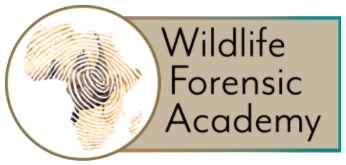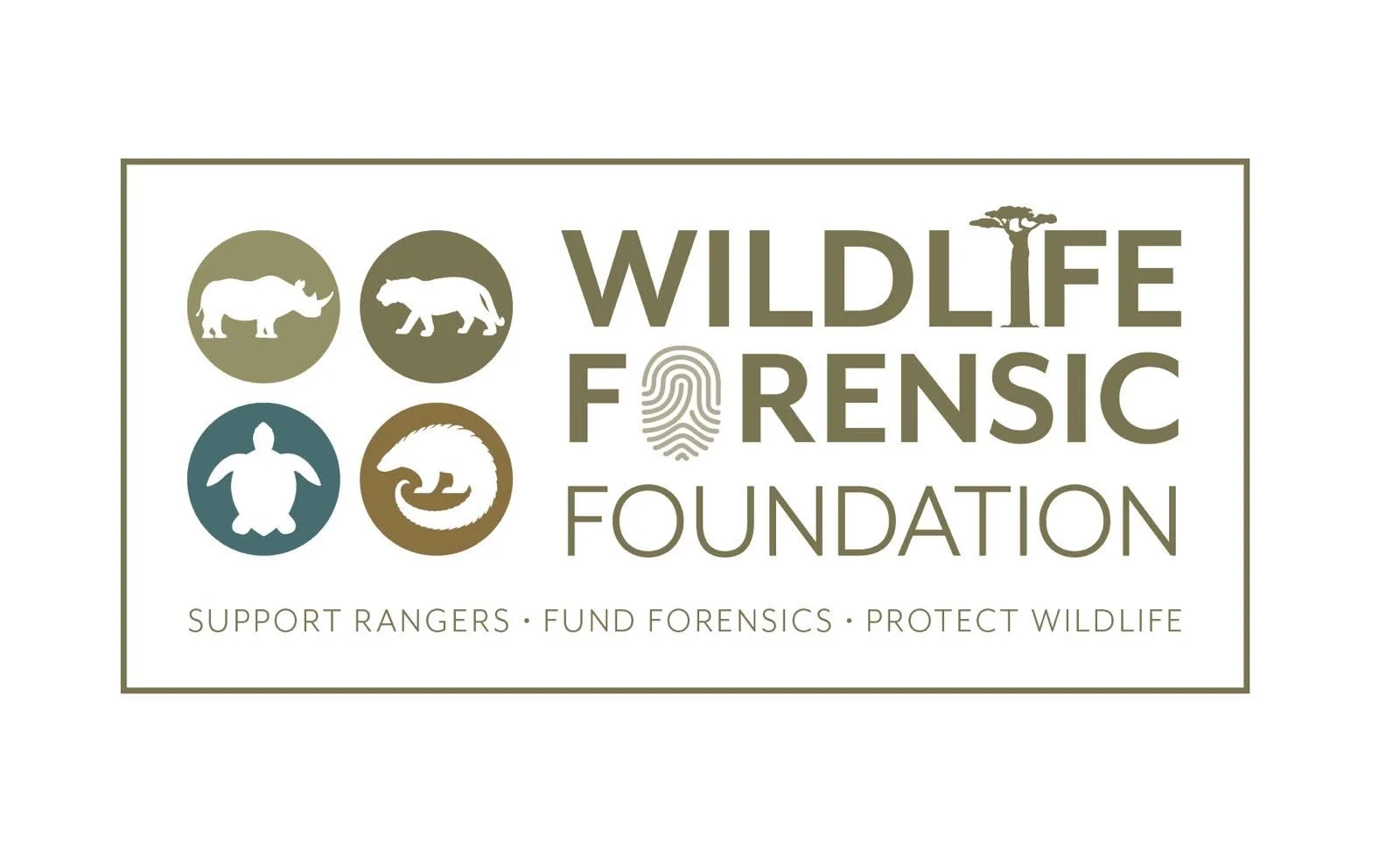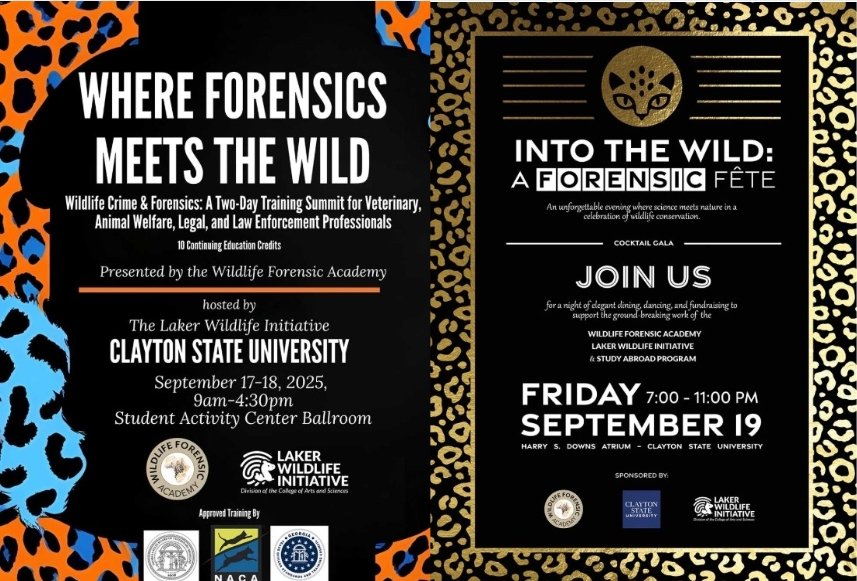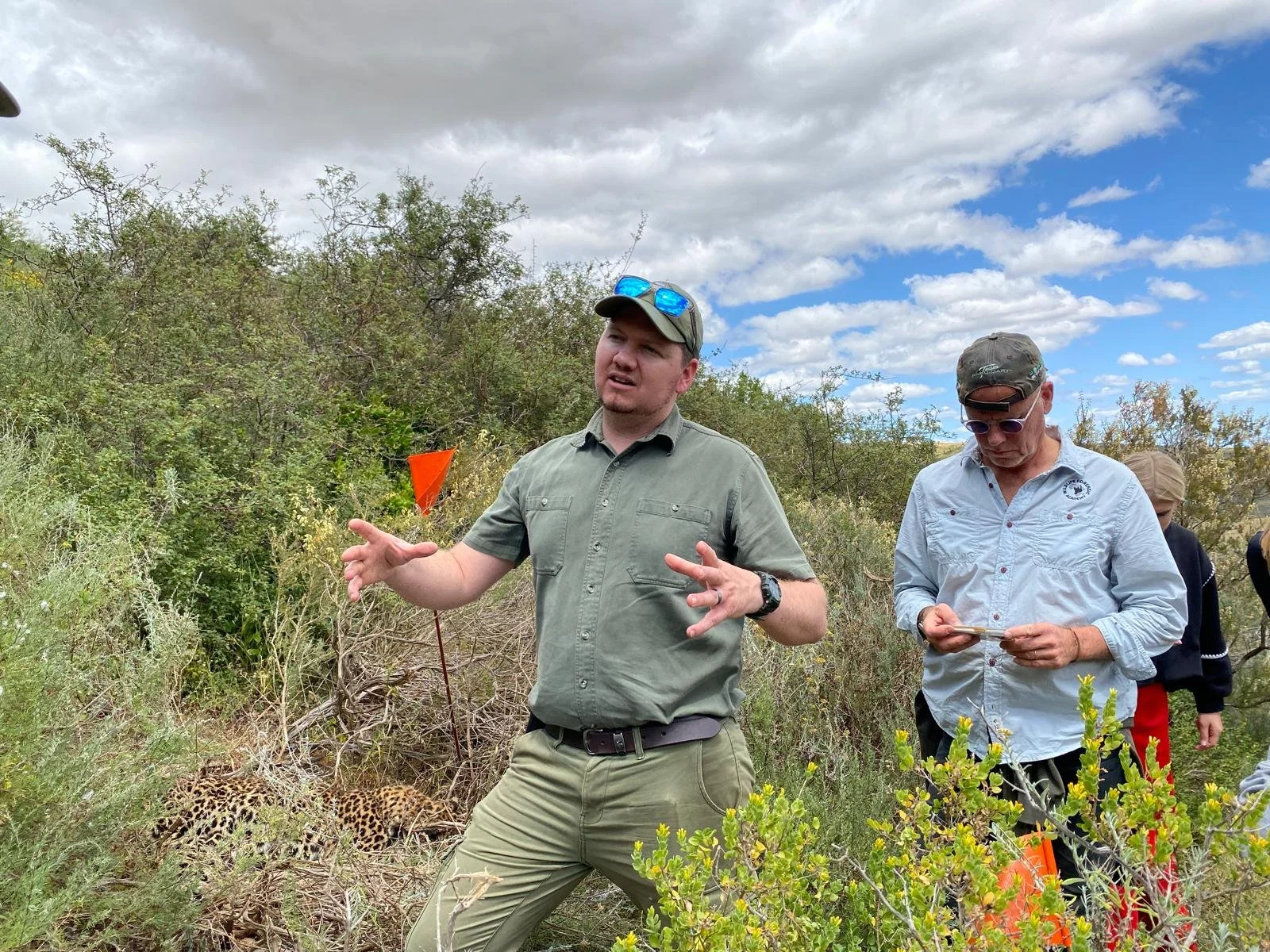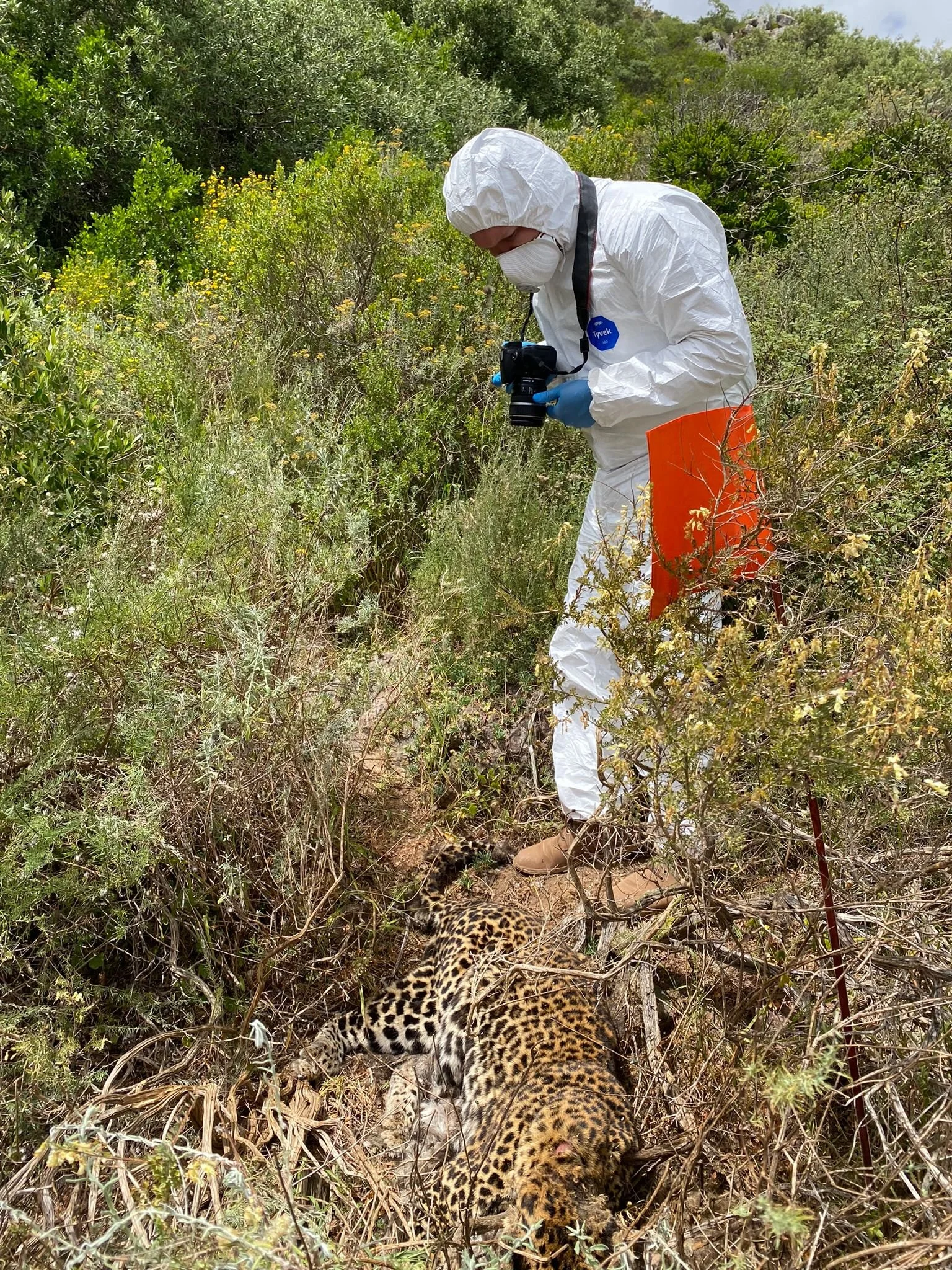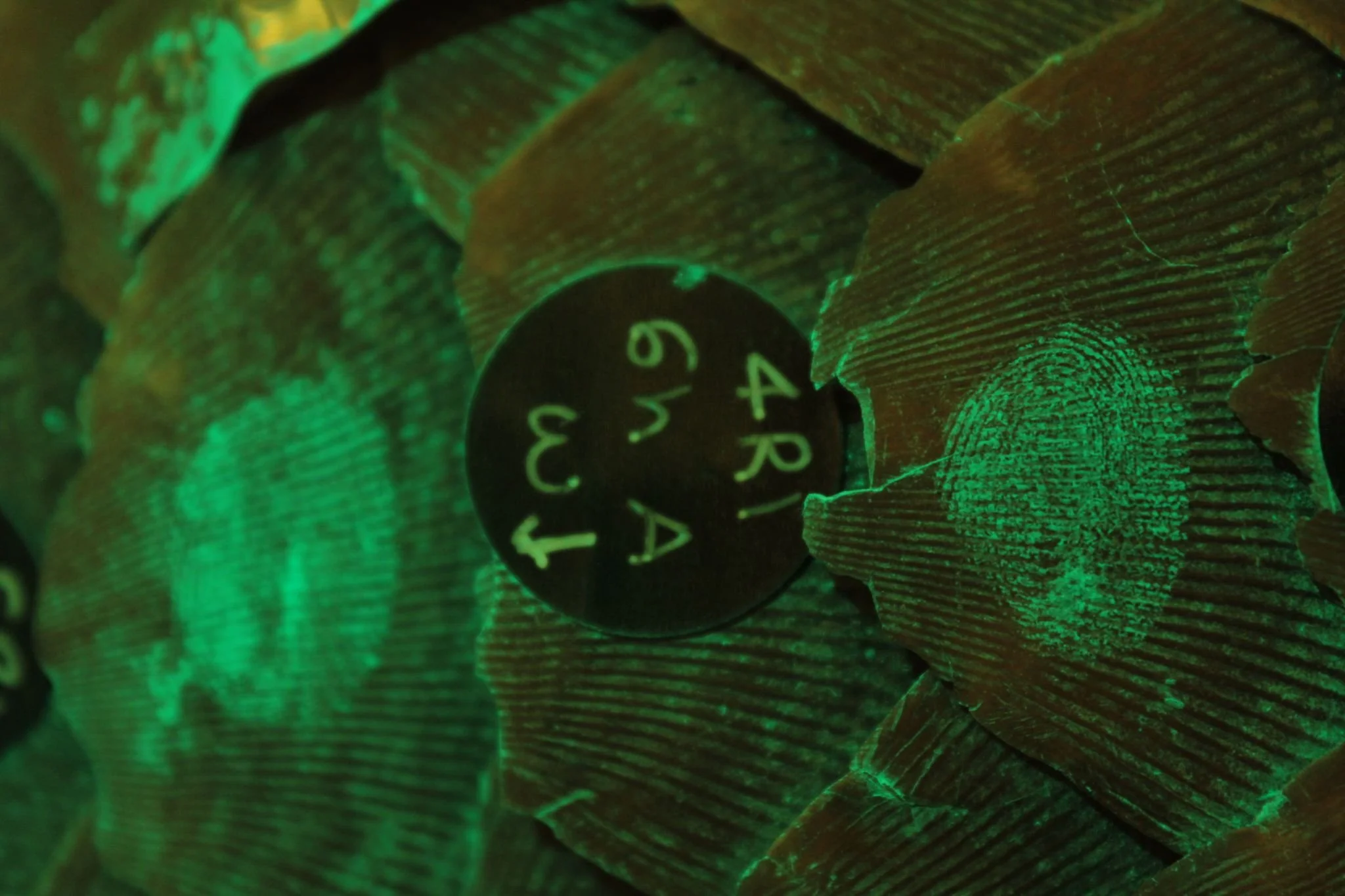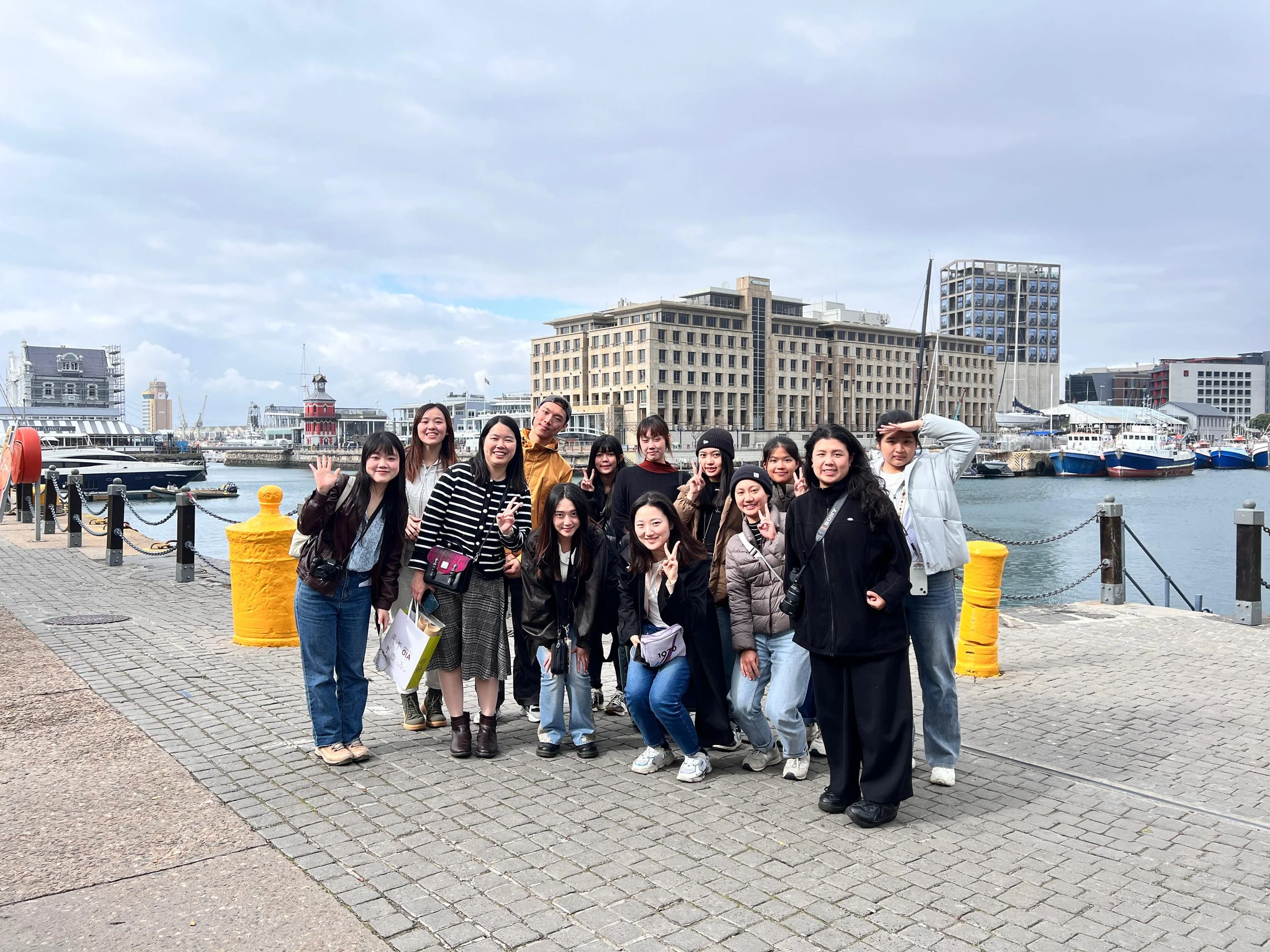Newsletter: 6th Edition
Introducing the Wildlife Forensic Foundation: Bridging the Justice Gap in Wildlife Crime
Authored by: Aimee Welmans and Andro Vos
Fewer than 5% of wildlife poachers ever face conviction - a staggering statistic driven largely by the absence of forensic evidence. In the global fight against wildlife crime, forensic science remains the missing link: a vital tool for building watertight legal cases and dismantling transnational criminal networks.
Recognising this urgent need, Judge Holly Hughes has launched the Wildlife Forensic Foundation (WFF), based in Atlanta. After visiting the Wildlife Forensic Academy (WFA) on two occasions, Judge Hughes was inspired to take meaningful action. The foundation’s mission is to provide financial support to the WFA, helping fund ranger training, essential forensic equipment, and the development of world-class training facilities.
A new transatlantic alliance: Clayton State University and WFA
In an exciting new partnership, the Wildlife Forensic Academy is joining forces with Clayton State University to launch the Laker Wildlife Crime Initiative - an ambitious collaboration aimed at expanding wildlife forensic education and impact across the United States. The initiative is led by Professor Andrea Allen and Professor Joshua Meddaugh, both of whom are passionate about strengthening Clayton State’s wildlife forensic curriculum.
As a first step, a delegation from the WFA will travel to Atlanta in September for a three-day summit and gala fundraising event.
Upcoming events:
September 15–16 | Continuing Legal Education (CLE) Program
Tailored for law firms, judges, and law enforcement professionals, this event will feature expert-led sessions on the intersection of law and wildlife crime. [Insert link to schedule]September 17–19 | Clayton State Wildlife Crime Summit
This dynamic, cross-disciplinary summit will include expert talks and hands-on workshops in fields ranging from veterinary forensics and animal law to AI applications, forensic entomology, and taphonomy, along with sessions on the business of wildlife conservation and wildlife crime prevention.The summit will culminate in a spectacular fundraising gala for the WFF on September 19 - an evening not to be missed! Attendees will have the opportunity to meet the WFA team, hear first-hand how their contributions can help combat illegal wildlife trafficking, and become part of a global movement for change.
Join Us at the Laker Wildlife Initiative Summit & Cocktail Gala | September 17–19 | Georgia, USA
“Fund Forensics. Train Rangers. Protect Wildlife.”
The Wildlife Forensic Academy (WFA) is proud to co-organise the upcoming Laker Wildlife Initiative Summit and Cocktail Gala, taking place from 17–19 September at Clayton State University in Georgia, USA. This three-day event is dedicated to strengthening cross-disciplinary collaboration in forensic science to more effectively combat wildlife crime.
This year's summit will bring together a dynamic and diverse audience - including academic leaders, researchers, students, business professionals, and airline industry representatives - to foster dialogue, share expertise, and build a united front against global wildlife trafficking.
WFA's presence will be marked by thought-provoking lectures delivered by co-founders Dr Greg Simpson and Andro Vos, as well as affiliated experts Dr Devin Finaughty and Dr Georgio Moses. Their sessions will spotlight scientific advancements and best practices in wildlife forensic investigations.
The summit will conclude with the celebratory 'Into the Wild: A Forensic Fête' Cocktail Gala, a key fundraising event supporting the Wildlife Forensic Fund. Proceeds from this gala will directly contribute to scaling up training programmes for frontline rangers across Africa, equipping them with the skills and knowledge needed to investigate and prevent wildlife crime effectively.
"I am very excited to host the upcoming summit and cocktail gala at Clayton State University and to welcome members of the Wildlife Forensic Academy. It's an extraordinary opportunity to strengthen ties with the WFA and other regional stakeholders, fostering innovative solutions that make a tangible impact on wildlife protection. Additionally, hosting this event allows us to showcase the critical importance of wildlife forensics and reinforces the university's commitment to addressing real-world challenges through experiential learning."
- Dr. Andrea Allen, Professor of Criminal Justice, Clayton State University and Founder of Laker Wildlife Initiative
Our continued collaboration with Clayton State University is especially significant given its proximity to Atlanta Airport - an identified wildlife trafficking hotspot. By fostering education and forensic capacity in such strategic locations, we aim to enhance enforcement efforts and support impactful prosecutions.
We invite you to attend, connect, and contribute. Your presence at the summit and support at the gala will help amplify our shared mission: protecting wildlife through science, training, and international cooperation.
CPD Accreditation Announcement
We are delighted to announce that the following courses have been officially approved by The Chartered Society of Forensic Sciences for Continuing Professional Development (CPD):
1-week course: Wildlife Forensics & Crime Scene Management – 36 CPD points
2-week course: Wildlife Forensics & Crime Scene Management – 72.5 CPD points
This accreditation is valid for a period of one year, commencing 11 August 2025.
Studying Decomposing Animals to Preserve the Next Generation of Wildlife: An Interview with Dr Devin Finaughty
Interview conducted by and authored by: Lisanne Schoonebeek
Passion for decomposition. Talent for science education. A mission to protect biodiversity. At the Wildlife Forensic Academy, it all comes together in Dr. Devin Finaughty.
As a forensic taphonomist and lecturer, Devin brings a unique blend of academic expertise and hands-on experience to his work with the WFA. But his path into wildlife forensics wasn’t linear. Read more about Devin’s dynamic career below.
A scientific foundation rooted in the human body
Devin’s expertise lies in forensic taphonomy and anthropology, which study how biological remains decompose and interact with their environment over time. These studies include determining how long a body has been exposed, whether it has been moved, and what role humans or other factors may have played in the death.
Devin’s early academic career focused on human decomposition. Human taphonomy is a complex and fascinating field that requires an integrated understanding of biology, chemistry, ecology and even climate. But the principles of taphonomy aren’t limited to human remains; they are equally important for studying how animals decompose, especially in the context of wildlife forensics.
What is forensic taphonomy?
Forensic taphonomy is the scientific study of biological decomposition and its application to criminal investigations (source: Journal of Advanced Forensic Sciences). While traditionally concerned with long-term processes, in a forensic context the discipline can also be applied to much shorter timescales. In this case, it focuses on understanding how decomposition unfolds in order to reconstruct post-mortem circumstances and estimate time since death.
From the morgue to the WFA
One of the most common challenges in prosecuting (wildlife) crime is the lack of usable evidence, or evidence that has been improperly collected. This often means that cases never make it to court, or that suspects walk free even when they've been identified. It’s an issue the WFA is actively working to solve. For example, by supporting ranger training in wildlife forensics, the Academy helps ensure that first responders know how to secure crime scenes and collect evidence properly, so it can hold up in court.
This is where forensic taphonomy can make a unique contribution. The most effective way to understand decomposition is through direct observation: placing carcasses in the environment and documenting the process over time. Such research sites are also called body farms.
Taphonomic research not only provides insights into the time and conditions of an animal’s death (crucial for establishing when a crime occurred) but also helps investigators understand the persistence of trace evidence, refine scene-based evidence collection, and make informed decisions about what can realistically be recovered. In short, the more we understand about how wildlife decomposes, the better equipped we are to deliver justice for those who protect it, and for the animals themselves.
This is exactly what Devin brings to the WFA: expertise in decomposition science, combined with the ambition to make a difference in the field. At the WFA, Devin plays a key role in developing educational content, teaching courses, and guiding students in their research, such as projects on insect activity in wildlife decomposition. And there's more to come: Devin is now helping to build one of the most ambitious research facilities the WFA has ever launched.
What is a body farm?
A body farm, officially known as a forensic taphonomy facility, is a research site where scientists study how human and animal bodies break down in natural conditions. By placing bodies outdoors and exposing them to the elements, researchers can observe how decomposition happens in different environments. This helps them better understand what happens to a body after death, which is important for solving crimes and identifying remains (source: Wikipedia). These studies also look at things like how bones change over time (diagenesis), how scavengers interact with a body, and how insects play a role in the process (entomology).
“Ecology and conservation have been close to my heart since I was a little kid, and I really wanted to work in this field, but at the time, jobs in conservation were really scarce. At some point in my career, I felt very powerless, seeing so much wildlife crime happening in my home country, and not being able to do anything about it. I felt like there had to be a way to use my knowledge and experience to contribute to conservation.”
The Buffelsfontein body farm: a vision taking shape
One of the most exciting projects Devin is now involved in is the development of a new wildlife taphonomy research site at the Buffelsfontein Game and Nature Reserve. This facility is set to become the first of its kind, specifically designed for wildlife taphonomy research and training.
By creating a monitoring environment where we can observe how different species decompose in different conditions, research at the wildlife taphonomy research site directly inform forensic investigations, anti-poaching work, and conservation policy. Because decomposition is shaped by local ecology, global models fall short, making facilities like Buffelsfontein crucial.
The site will serve dual purposes: scientific research and education. Students will have access to long-term decomposition studies, while researchers, including Devin, will collect critical data to develop species-specific post-mortem timelines. Over time, the Buffelsfontein body farm is expected to become a regional and international hub for wildlife forensic science.
A global first in wildlife forensics
“What truly sets the Buffelsfontein site apart is its size. It’s not just the first of its kind, it’s the first with enough space to study single carcasses in true ecological isolation. That’s a game-changer for both science and justice.” - Dr D. Finaughty
With around 1,700 hectares of space, it will technically become the largest taphonomy research facility in the world, and the only one currently dedicated to wildlife taphonomy. In most other taphonomy research sites, decomposition studies involve placing several bodies close together – a trade-off forced by limited land area available for such work in many parts of the world. But studying the decomposition of carcasses individually will help answer important questions, like: What happens when just one animal dies in a natural setting? How do scavengers and insects interact with it? And how do these patterns change between different species? The answers can help us better investigate wildlife crime scenes and provide stronger scientific evidence in court.
Good news for anyone fascinated by decomposition: the taphonomy research site at Buffelsfontein is already being used in Academy courses, interns are actively conducting research on site. We are enthusiastic about many more applications - very in style with our hands-on course programmes.
Research, research, research!
Now, through his postdoctoral research at the University of the Witwatersrand, Devin is tackling one of the biggest hurdles in wildlife crime investigations: the lack of reliable, science-based evidence. His work focuses on improving how we understand and process wildlife crime scenes, especially when animal remains are already decomposed. To do this, he is combining forensic taphonomy and entomology with practical and societal implications:
Studying the patterns of decay and insect activity in local environments
Assessing how current forensic practices succeed or fall short
Developing practical tools and guidelines that can strengthen future prosecutions
The WFA is very proud of the collaboration with top-tier researchers like Devin, and we are excited about what results will sprout from it.
New Dutch Research Brings Cutting-Edge Forensics to Wildlife Protection
Two innovative forensic research projects have recently been awarded funding through the Dutch Research Council’s Open Technology Programme! One of the standout initiatives - 'Exploring the Past to Protect the Future' - is led by Prof. Dr. Maurice Aalders (Amsterdam UMC and Co van Ledden Hulsebosch Center), a respected friend of the Wildlife Forensic Academy.
By using non-invasive temperature measurement, 3D scanning, and blood trace analysis, this research aims to create the first scientifically proven method to determine how long ago an animal died or when body fluids were left at a scene - crucial information in poaching cases. These tools will give wildlife crime investigators around the world stronger evidence to work with. This ground-breaking project takes techniques from human forensics and adapts them for use in wildlife crime.
At the Wildlife Forensic Academy, we’re proud to support and celebrate research that bridges science and justice. Many of our internship programmes also include a research component, giving students the opportunity to explore critical topics related to wildlife trafficking, trade, conservation, and forensic science.
Fighting Pangolin Poaching, One Fingerprint At A Time:
An Interview With Clelia Venturin
Interview conducted by and authored by: Lisanne Schoonebeek
Continuing our dive into the research being done at the Wildlife Forensic Academy, we’re excited to introduce you to Clelia Venturin, who’s been tackling one of the biggest wildlife crime stories of our time: pangolin trafficking.
Pangolins are still the most trafficked mammals in the world, with seizures often measured in tonnes and linked to global criminal networks. Despite international protection, demand - especially in China - remains strong. That’s why every bit of forensic research counts.
Clelia is an Italian student of the interdisciplinary master’s Forensic science at the University of Amsterdam. Before then, she studied biomedical sciences mixed with ethics in a Liberal Arts and Sciences at Amsterdam University College. During her internship at the Academy, she zoomed in on something unusual: fingerprints on pangolin scales.
Could forensic science help trace who’s handling these animals illegally? Her project aimed to find out how long fingerprints last on the scales of the Ground pangolin (Smutsia temminckii) - and whether those prints could still offer usable evidence days or even weeks later.
Curious what she discovered, what surprised her most, and what it was like doing research in South Africa? Keep reading!
Can you summarise your research?
For my research, I’m investigating how human fingerprints degrade over time on Ground pangolin (Smutsia temminckii) scales. I collected prints from different individuals and let them age for different time intervals, from two hours to one month, to compare their quality. The goal is to establish up to what point in time it is possible to retrieve forensically useful prints from pangolin scales. I’m also testing two fluorescent powders of different colours to see how they perform. Lastly, I examine whether fingerprint degradation differs between the right and left hands, or between thumbs and index fingers, as well as comparing the degradation trends between individual donors.
What do you hope to achieve with your results?
This is only a pilot study, but I hope my results help lay the groundwork for understanding how long fingerprints persist on pangolin scales. Not much research has been conducted on this at all. However, knowing how print quality changes over time could help law enforcement assess when it's worthwhile to try recovering forensic evidence and when limited resources might be better used elsewhere. In the long run, I hope this work contributes to more effective investigations into pangolin trafficking and supports the people working to combat wildlife crime.
What made you come to the WFA to do your internship?
I was deeply moved by a guest lecture from Andro and Greg early in my master’s in Forensic Science. Before that, I didn’t even know wildlife forensics existed, but the talk really inspired me. It felt meaningful to apply the skills I’d learned to something I’ve always cared about: protecting animals and nature. Wildlife crime is a pressing issue that’s often overlooked in European legal systems, and this internship felt like a rare chance to contribute to a field where my generation can (and should) drive real change.
What is the most memorable thing you have experienced at the WFA?
Performing autopsies on wildlife was something I never imagined doing but the experience will stay with me for life. Doing post-mortem exams on baboons was particularly surreal and unforgettable. It also gave me a deeper understanding of human-wildlife conflict, an issue I wasn’t very familiar with due to the region I come from (Italy/the Netherlands). Seeing its real-life consequences first-hand helped me appreciate just how complex and urgent this problem is in conservation work.
What aspects of your work at WFA make you proud?
I believe wildlife and nature conservation is among the most urgent issues of our time, and it will soon be up to my generation to lead that fight. I’m proud that I’ve taken my academic background and applied it to something that matters deeply to me. Being able to contribute, even in a small way, to protecting vulnerable species through forensic science makes me feel hopeful and proud to be part of a movement for change.
While we eagerly await Clelia’s results, you can read more about the seriousness of Pangolin trafficking in this article.
Thank you Clelia for sharing! Clelia is now back in Amsterdam and aspires to continue her good work in the fight against wildlife crime (maybe we will even see you back in South Africa soon?).
We are really proud to join forces with many talented students; perhaps you will be Clelia’s successor, doing research at the Academy?
A Warm Ni Hao from Taiwan!
From 21 to 31 July, the Wildlife Forensic Academy had the pleasure of welcoming its very first full student course cohort from the National Taiwan University (NTU) - and what a dynamic and inspiring group they were!
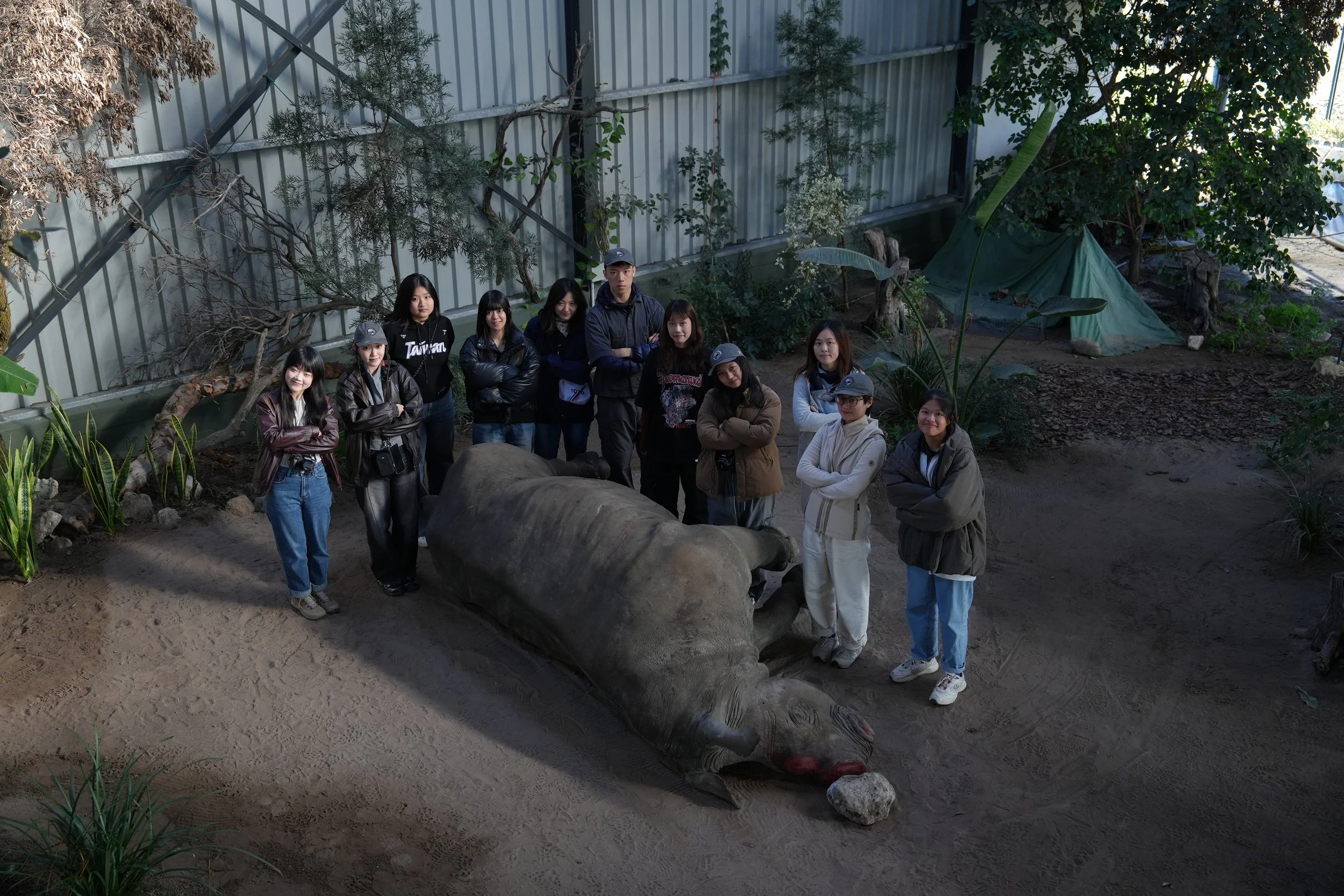
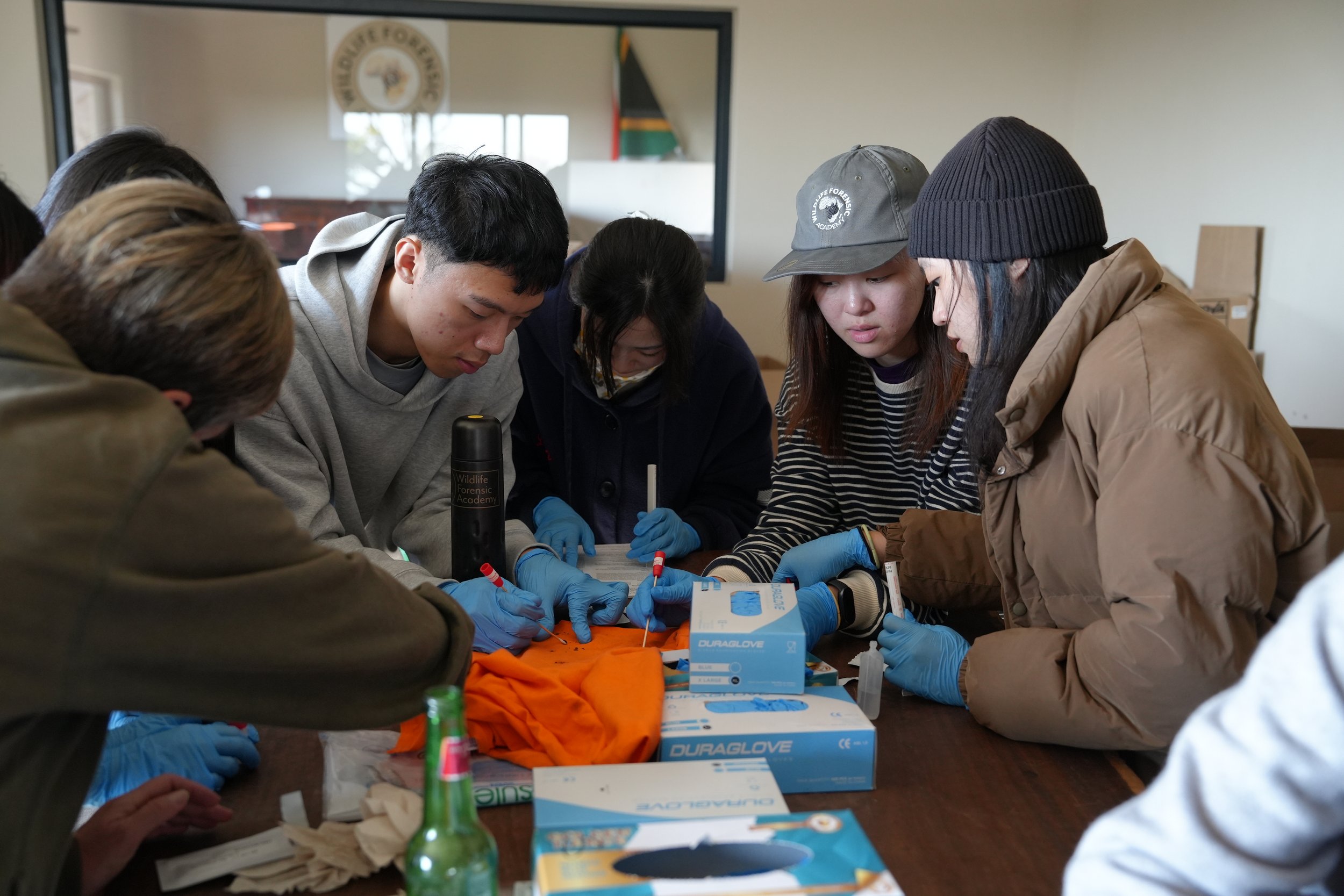
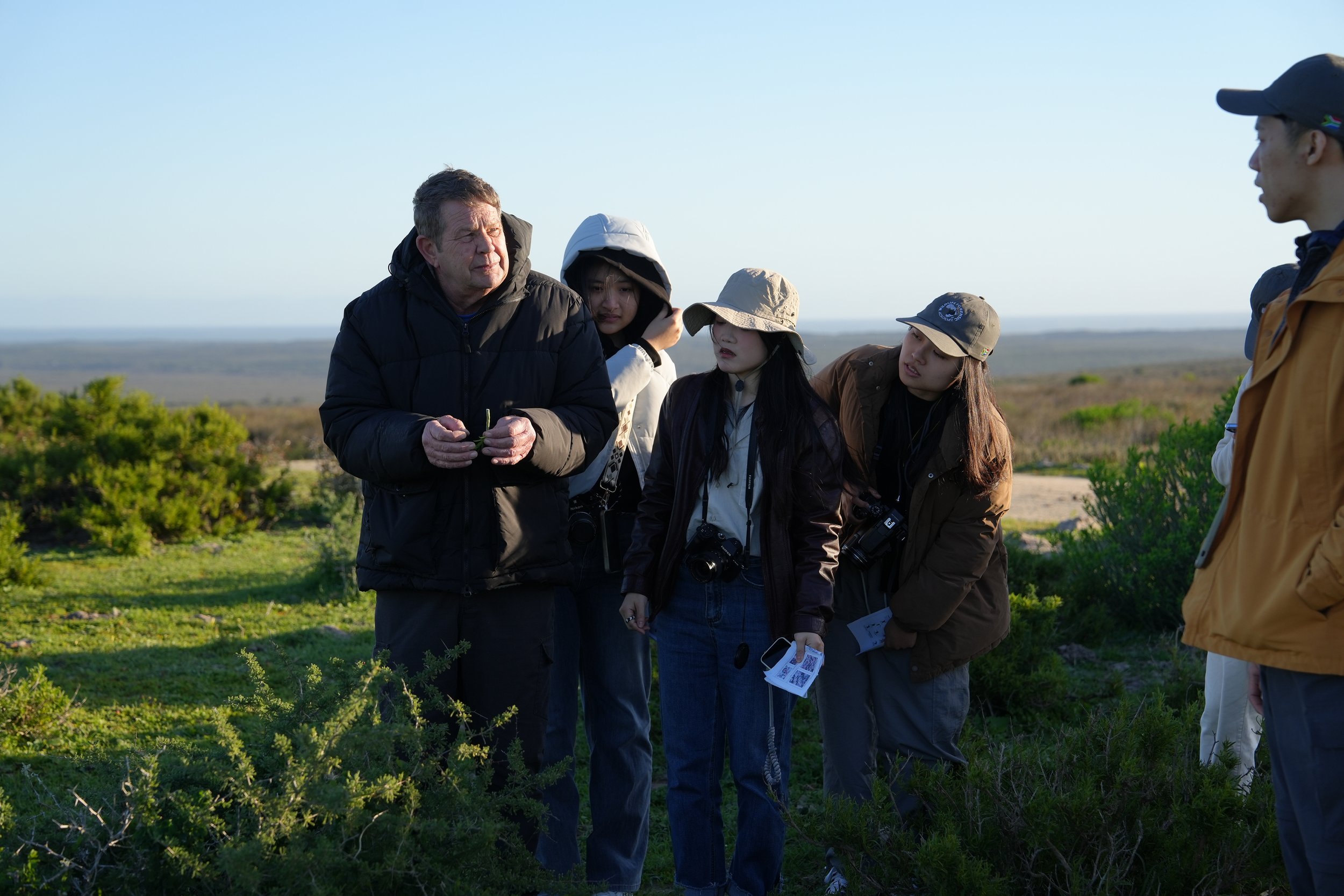
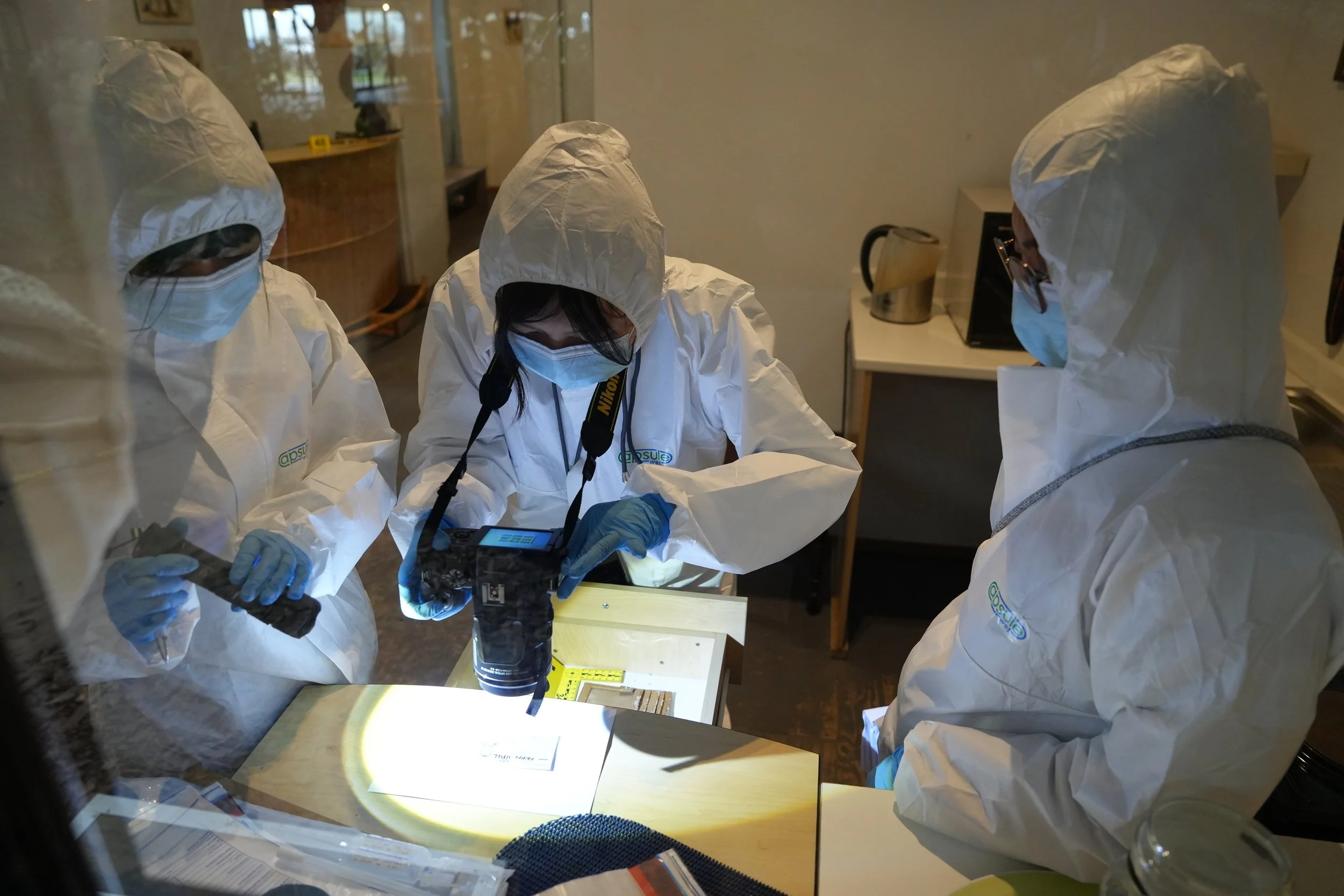
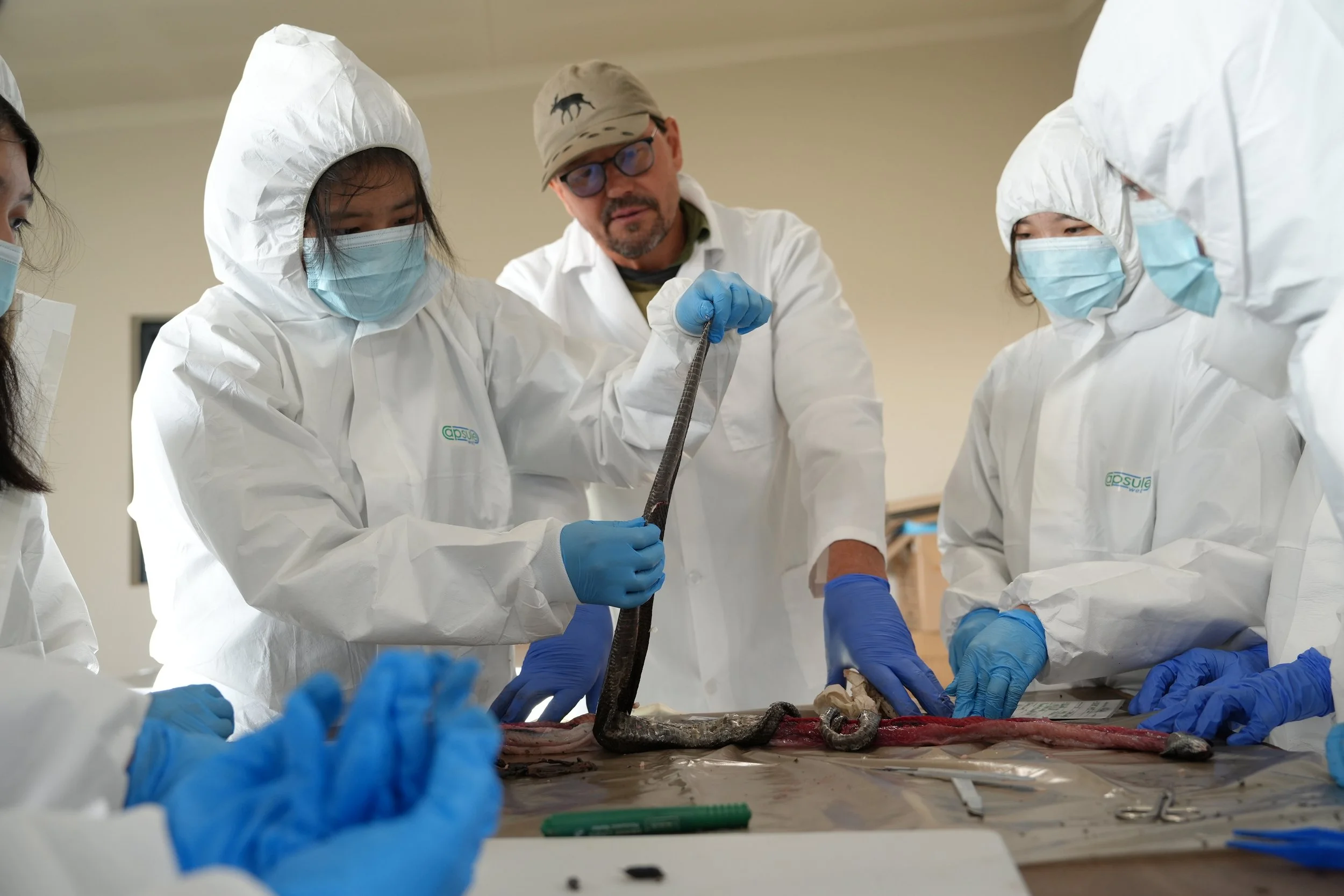
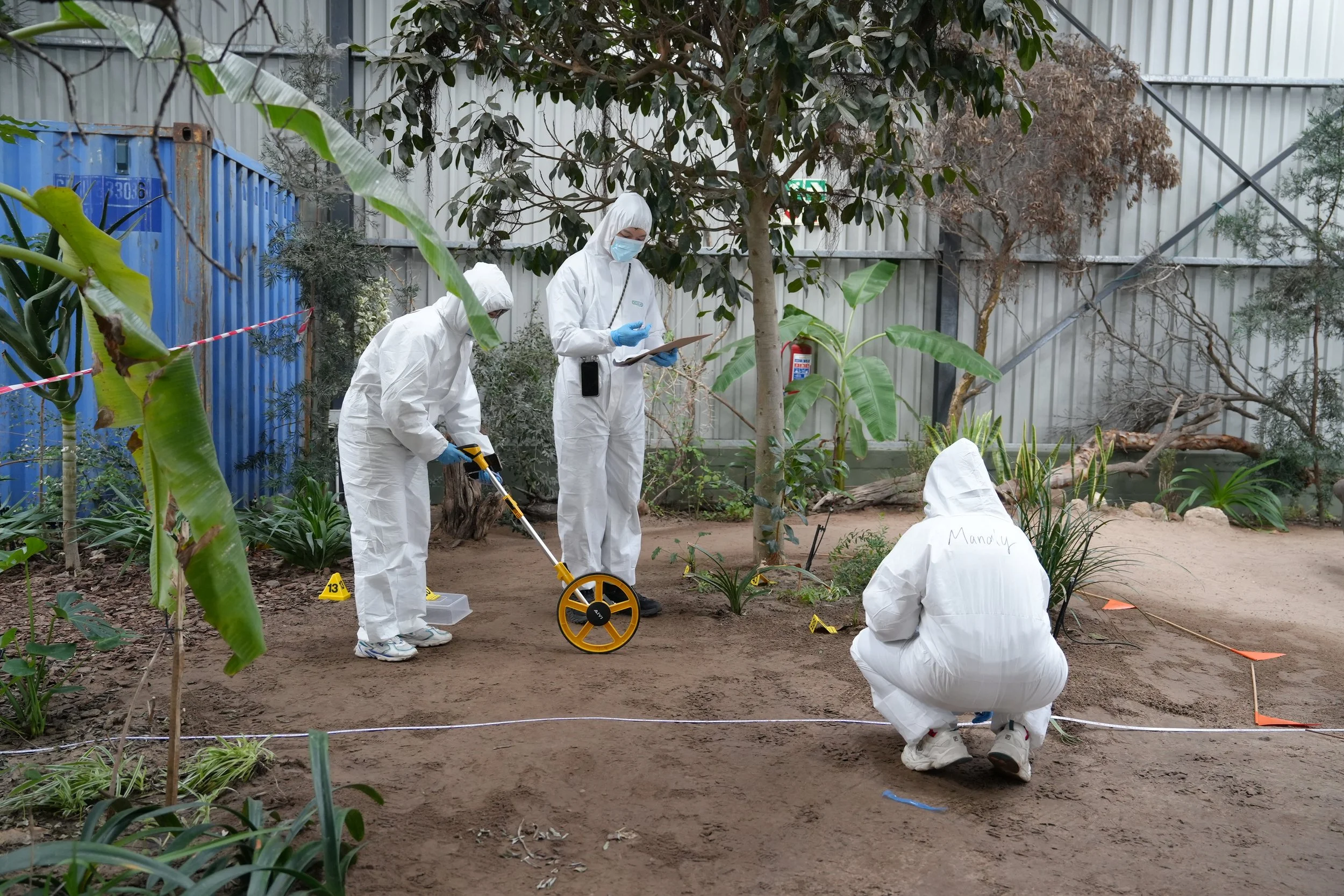
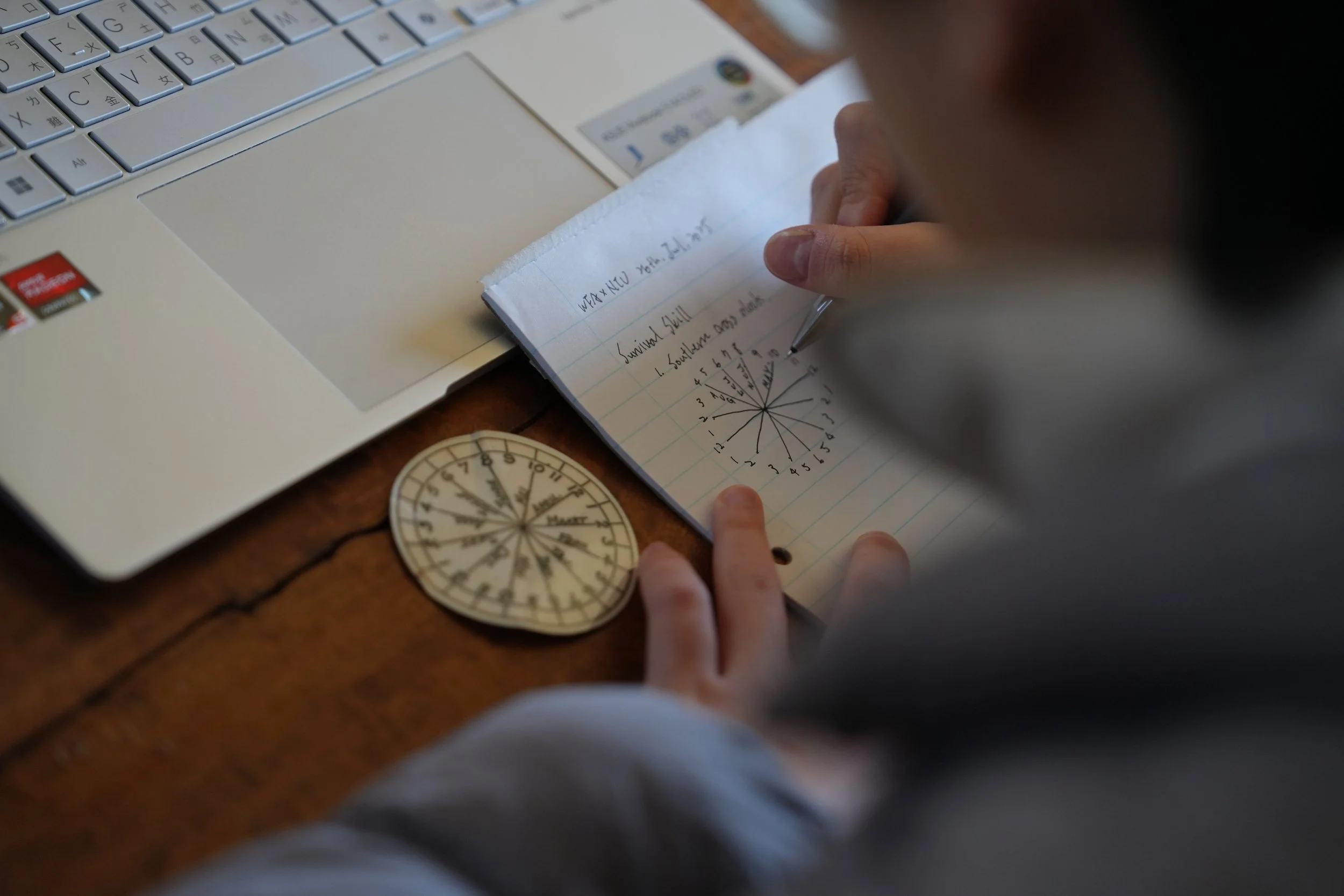
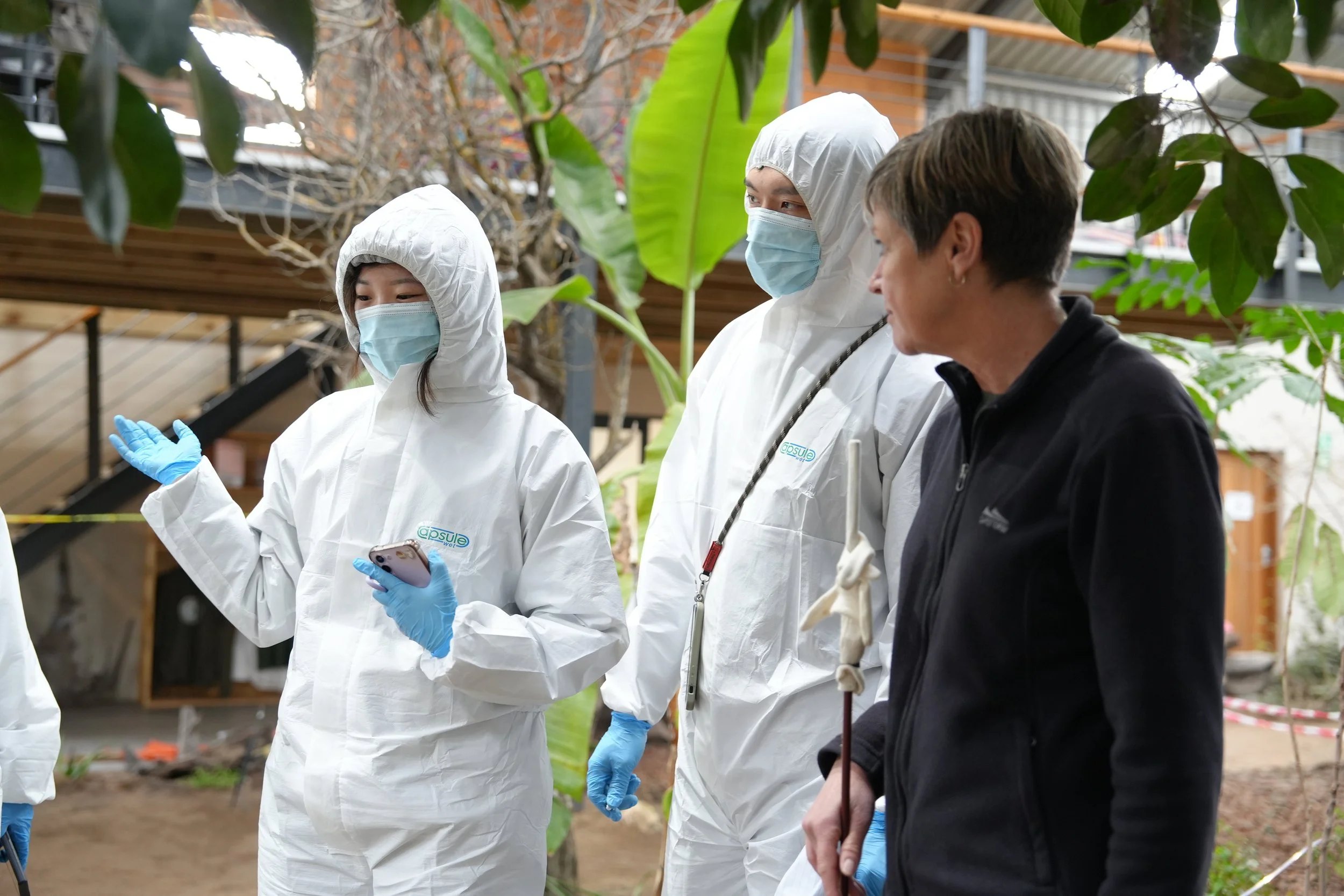
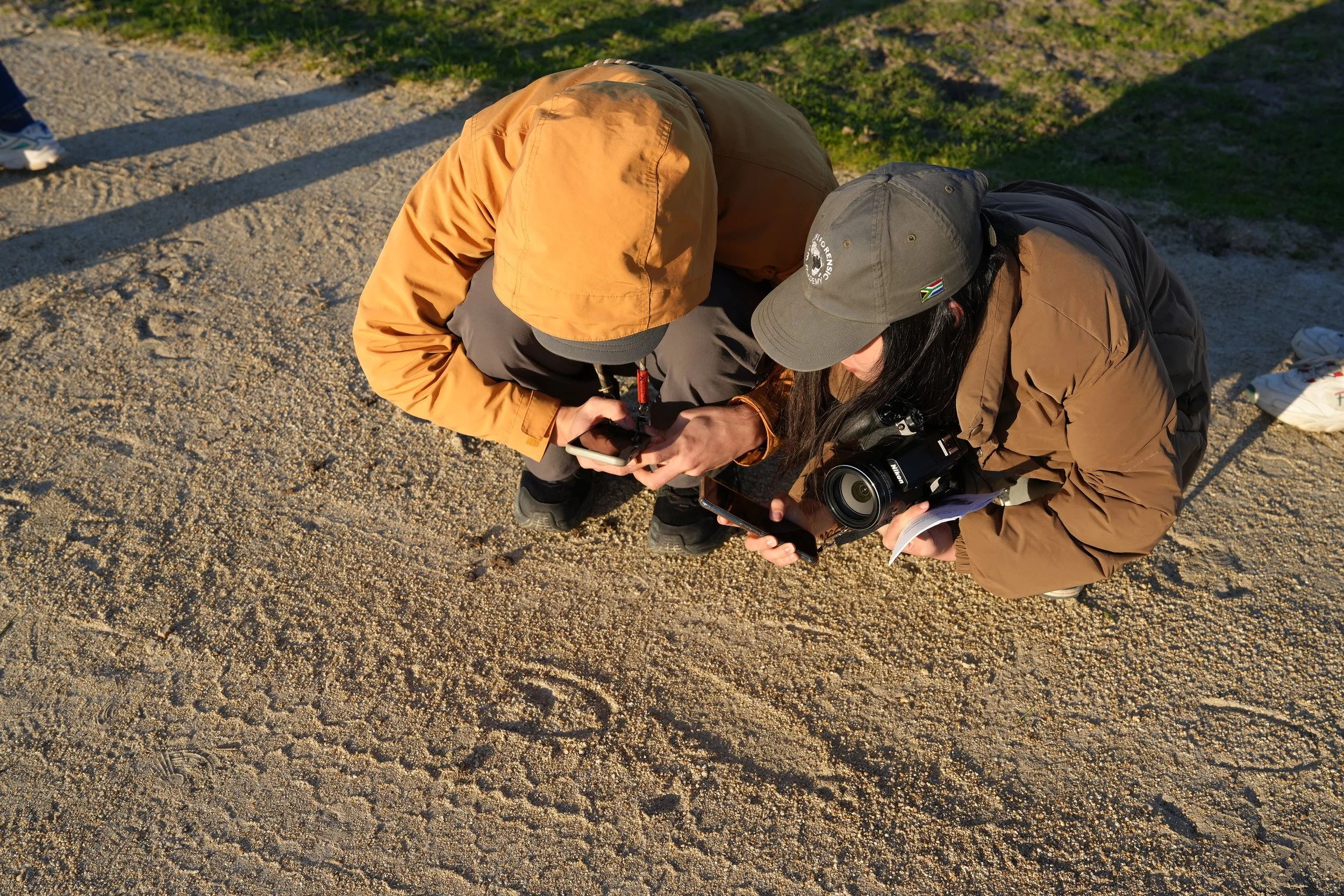
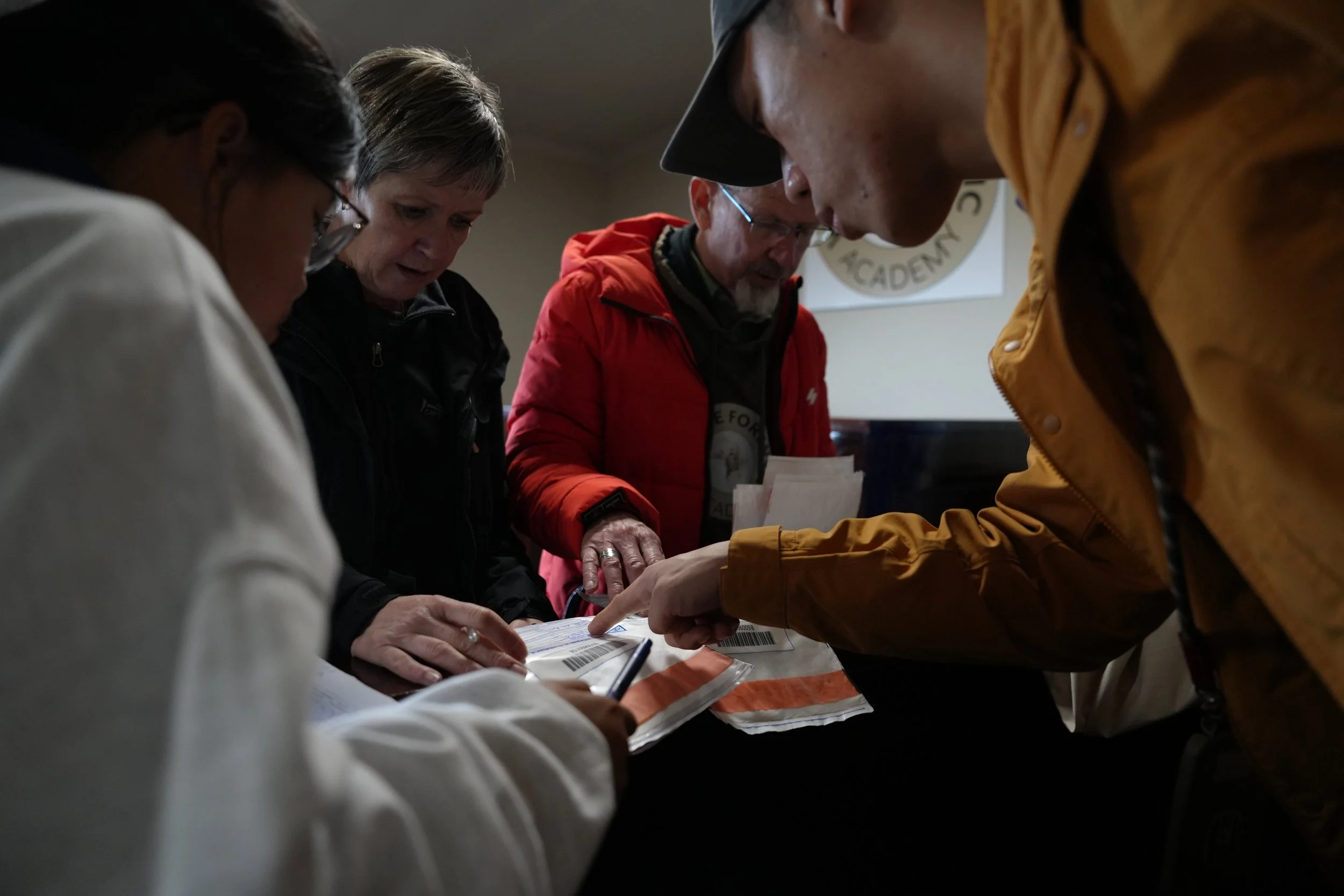

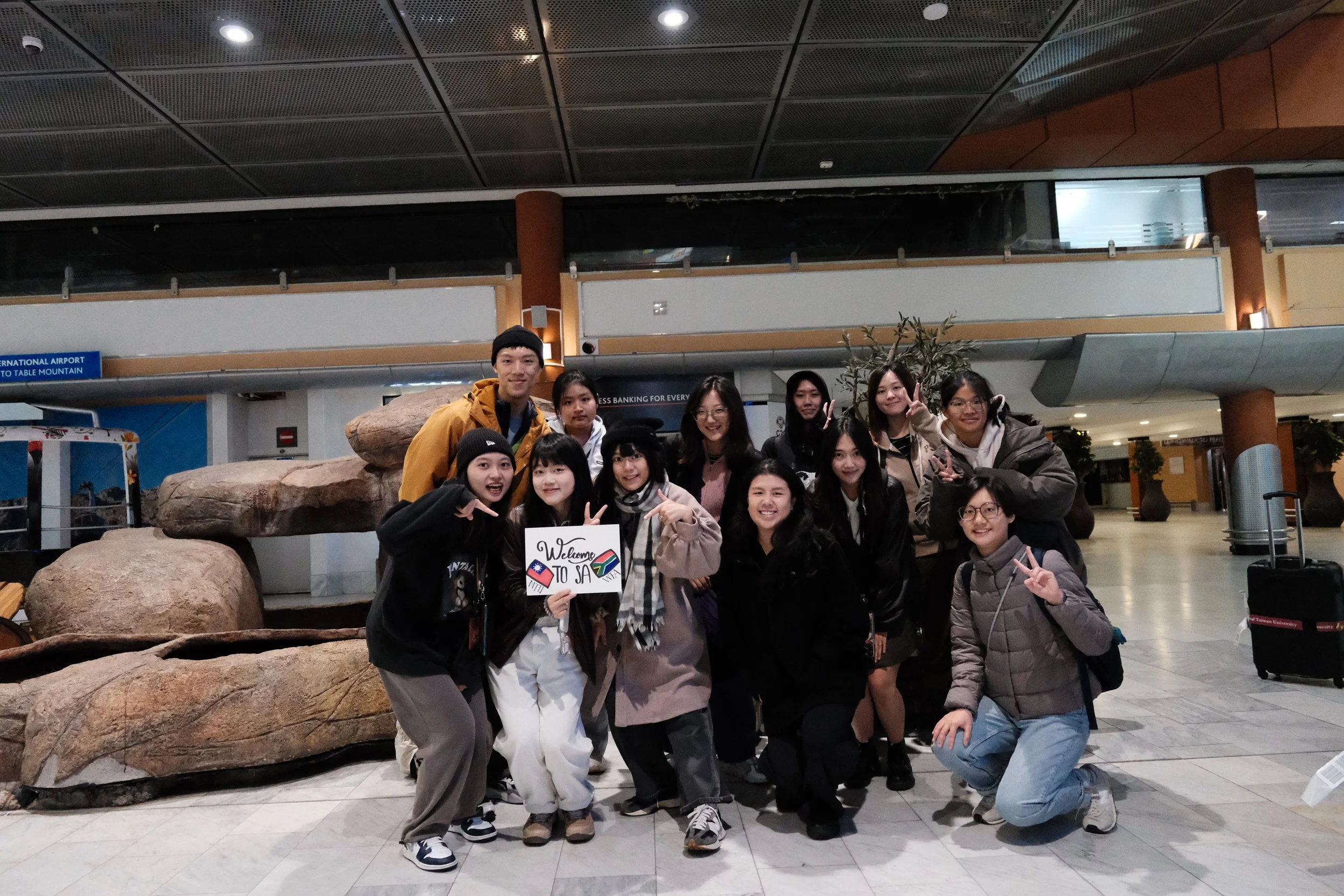
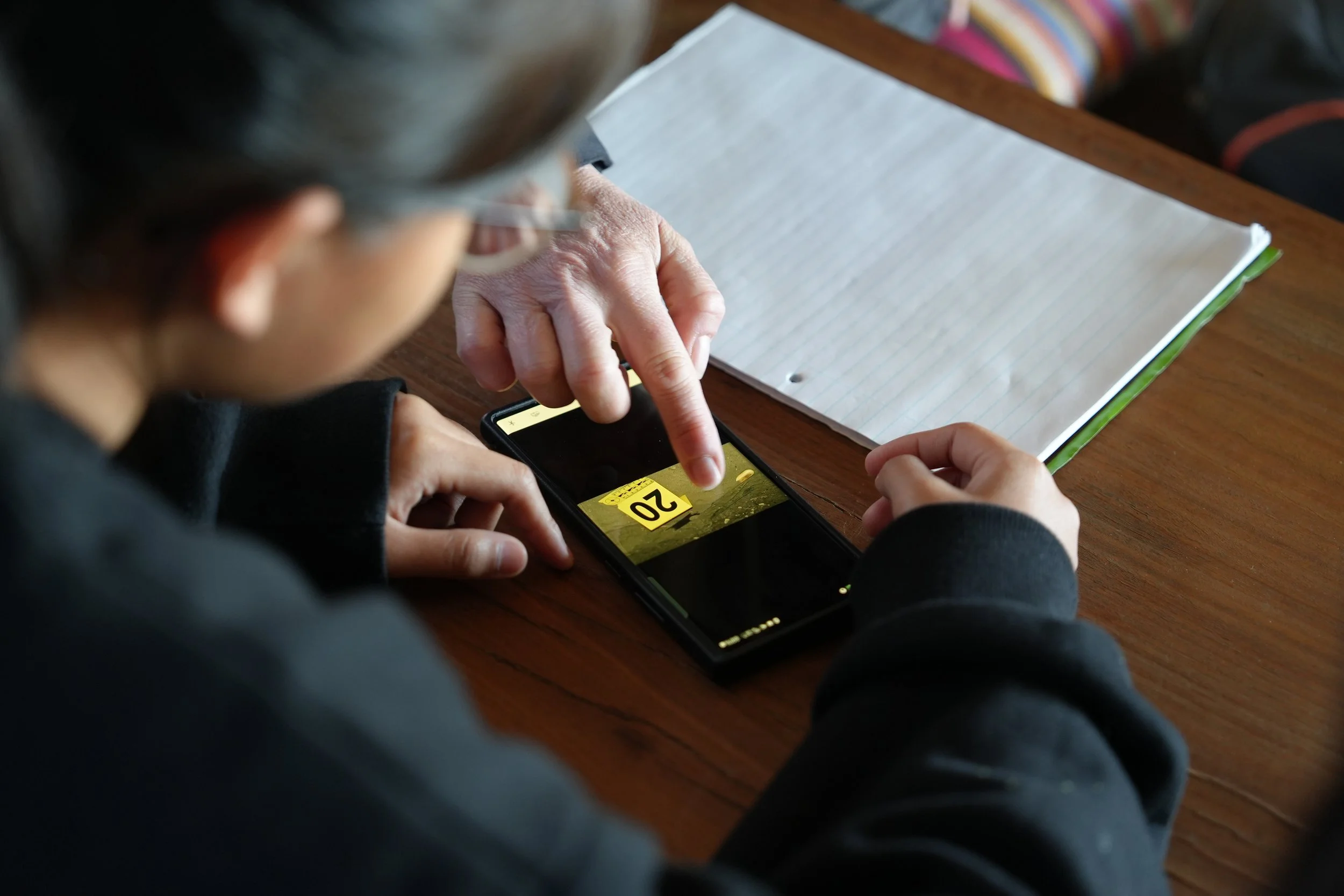
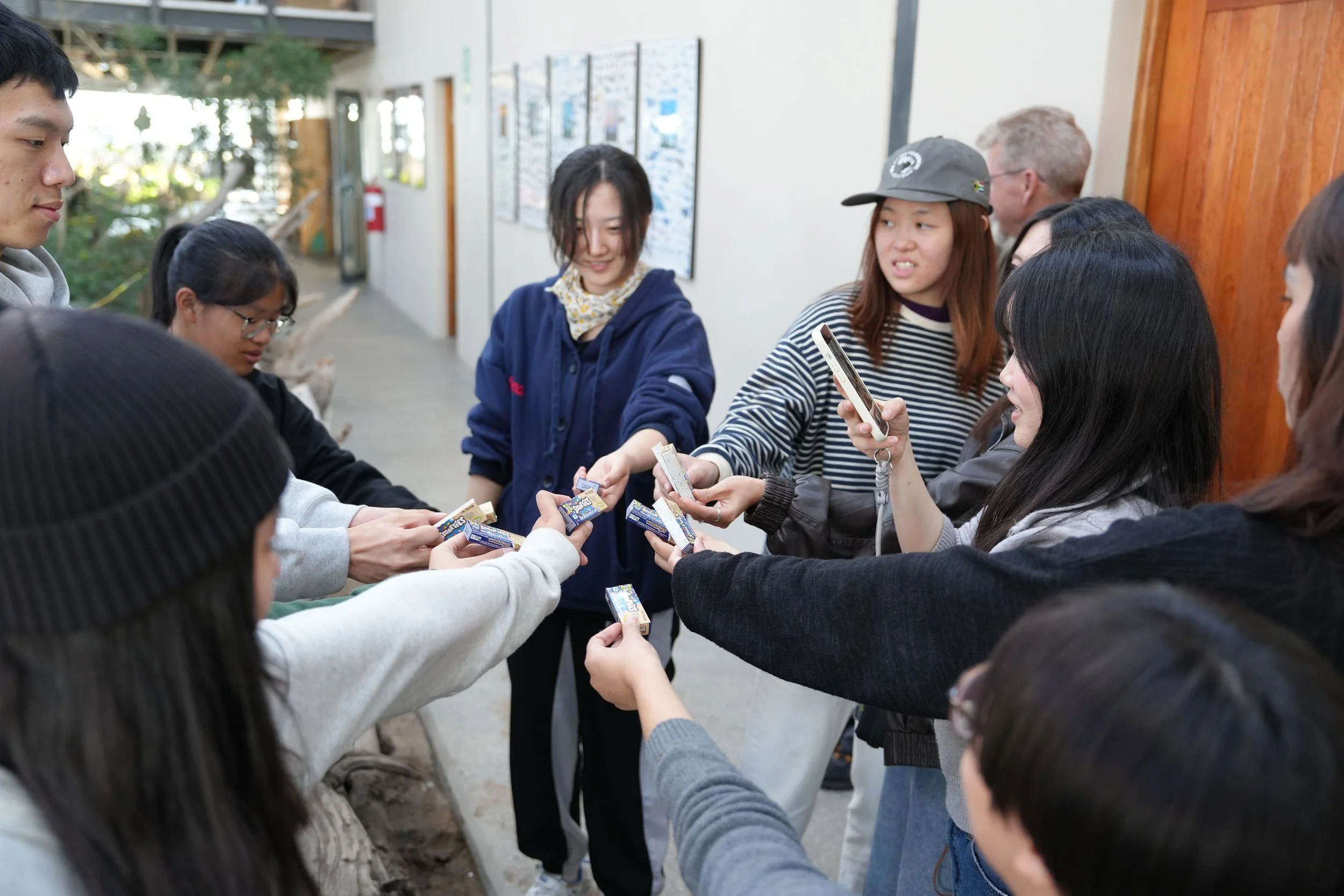

While we’ve had the honour of hosting several NTU interns since 2024, this marked the first time a formal student group joined us for a full academic course - and they certainly set the bar high. What made this cohort truly stand out was their incredible diversity of academic backgrounds: veterinary science, public relations, pharmacology, and more - all united by a shared passion for wildlife conservation and a drive to tackle the pressing global issue of illegal wildlife crime.
Over 10 packed days, the students immersed themselves in our Wildlife Forensics, Crime Scene Management, and Illegal Wildlife Trade course. But their learning journey didn’t end in the classroom - it extended into field excursions that covered everything from fynbos ecosystems and marine conservation to indigenous San culture. This was a group that asked questions nonstop, soaked up every detail, and brought thoughtful, multidisciplinary insights to every discussion. During their educational excursions, these students also found themselves face-to-face with wildlife in ways few ever experience.
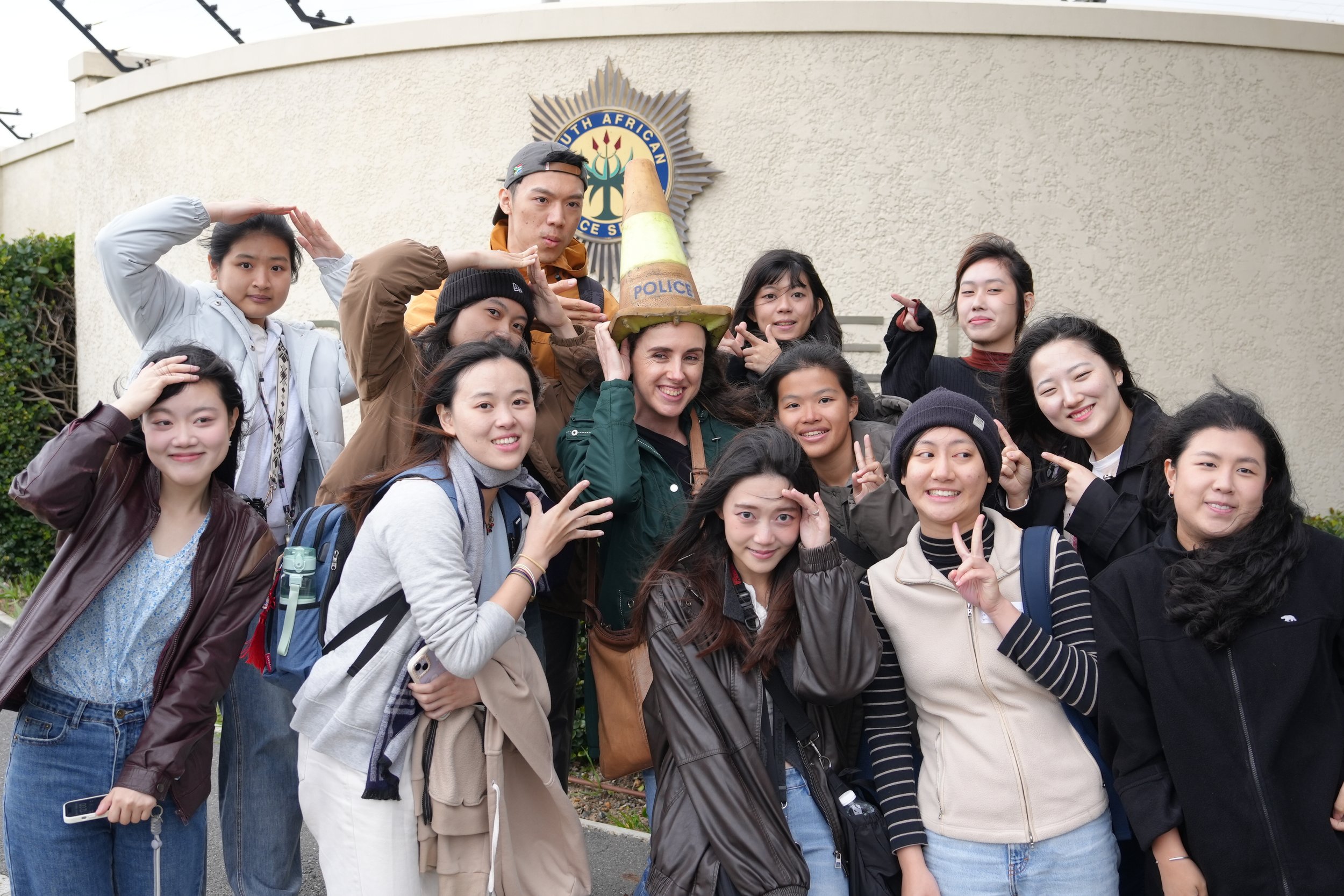
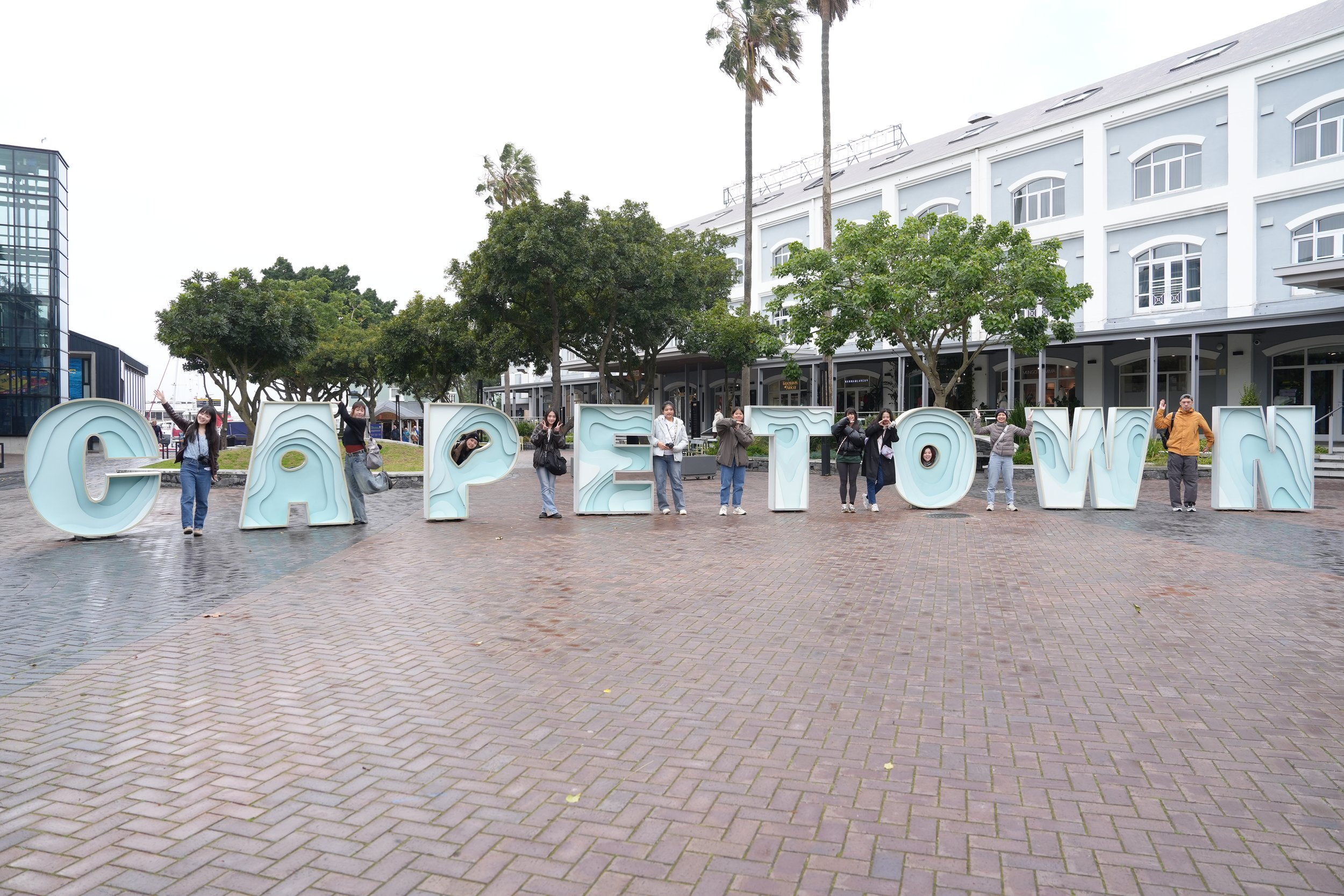
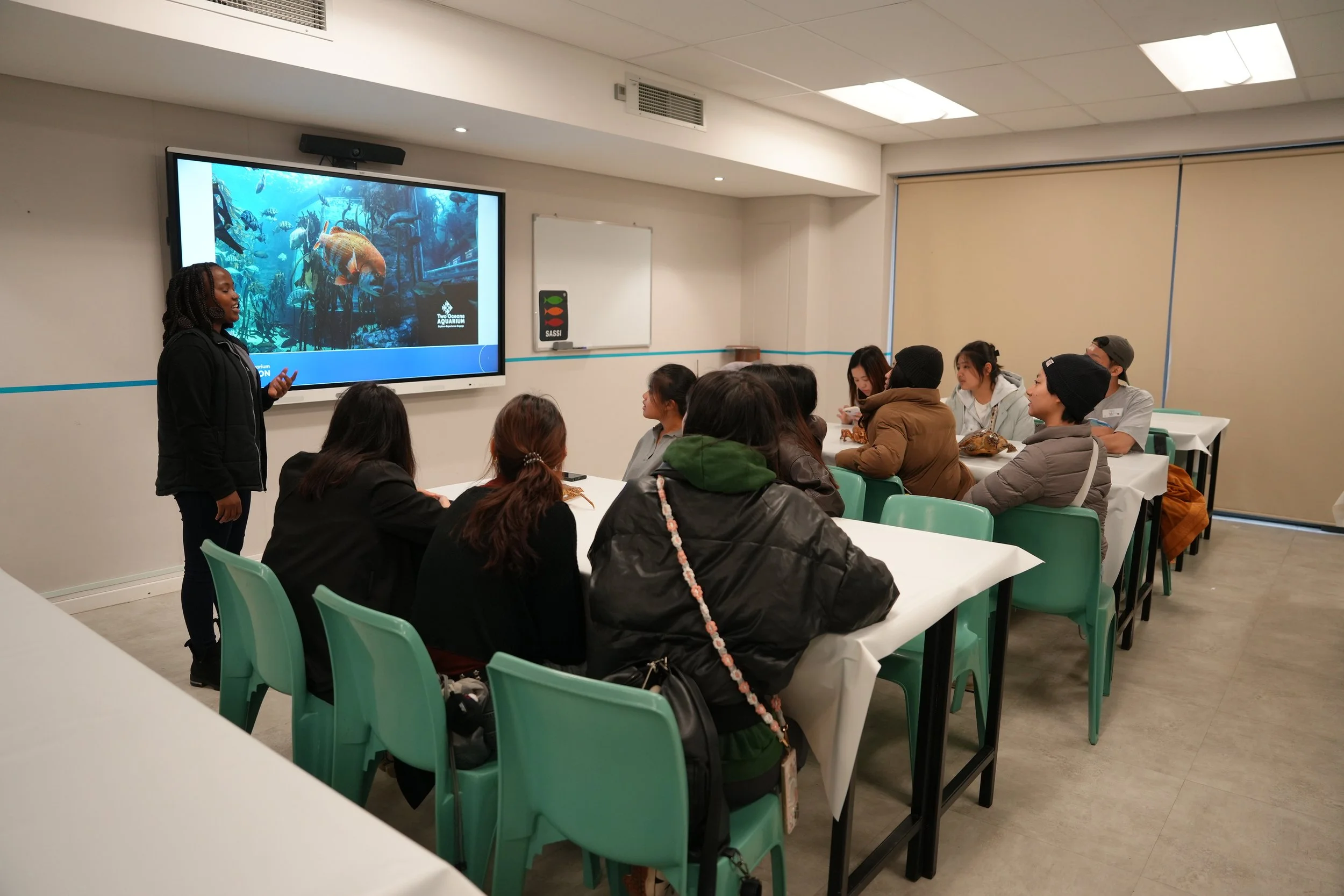
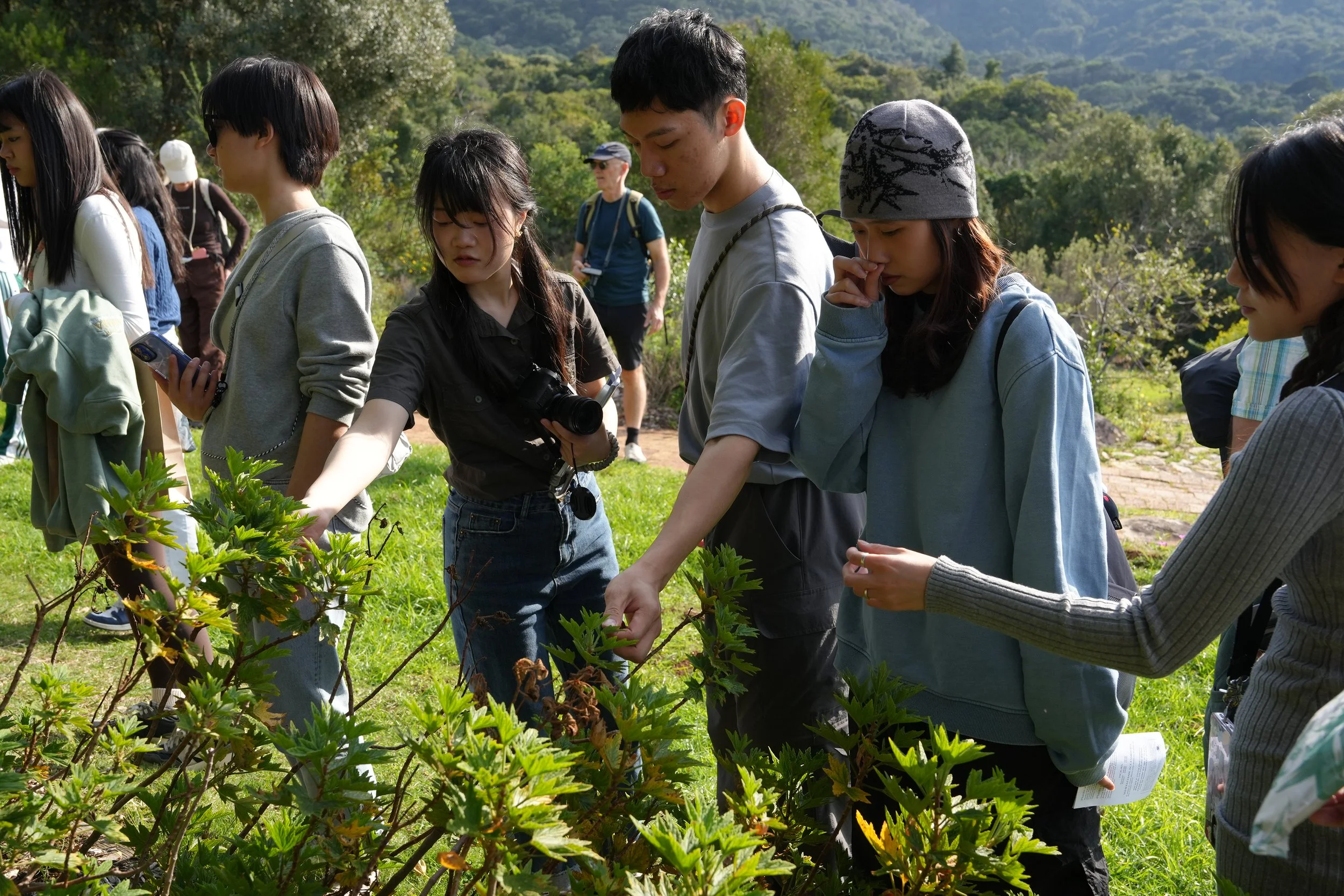
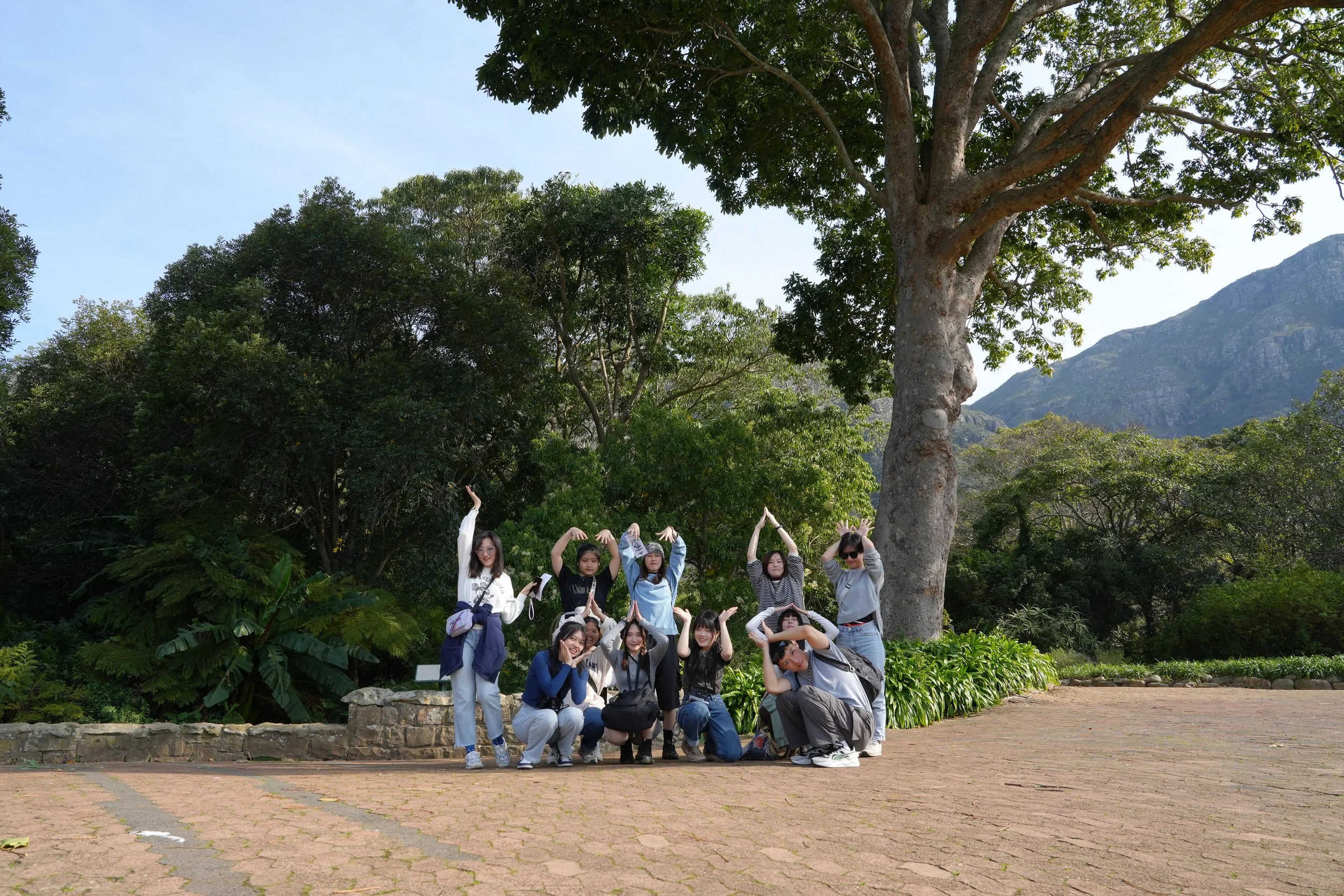
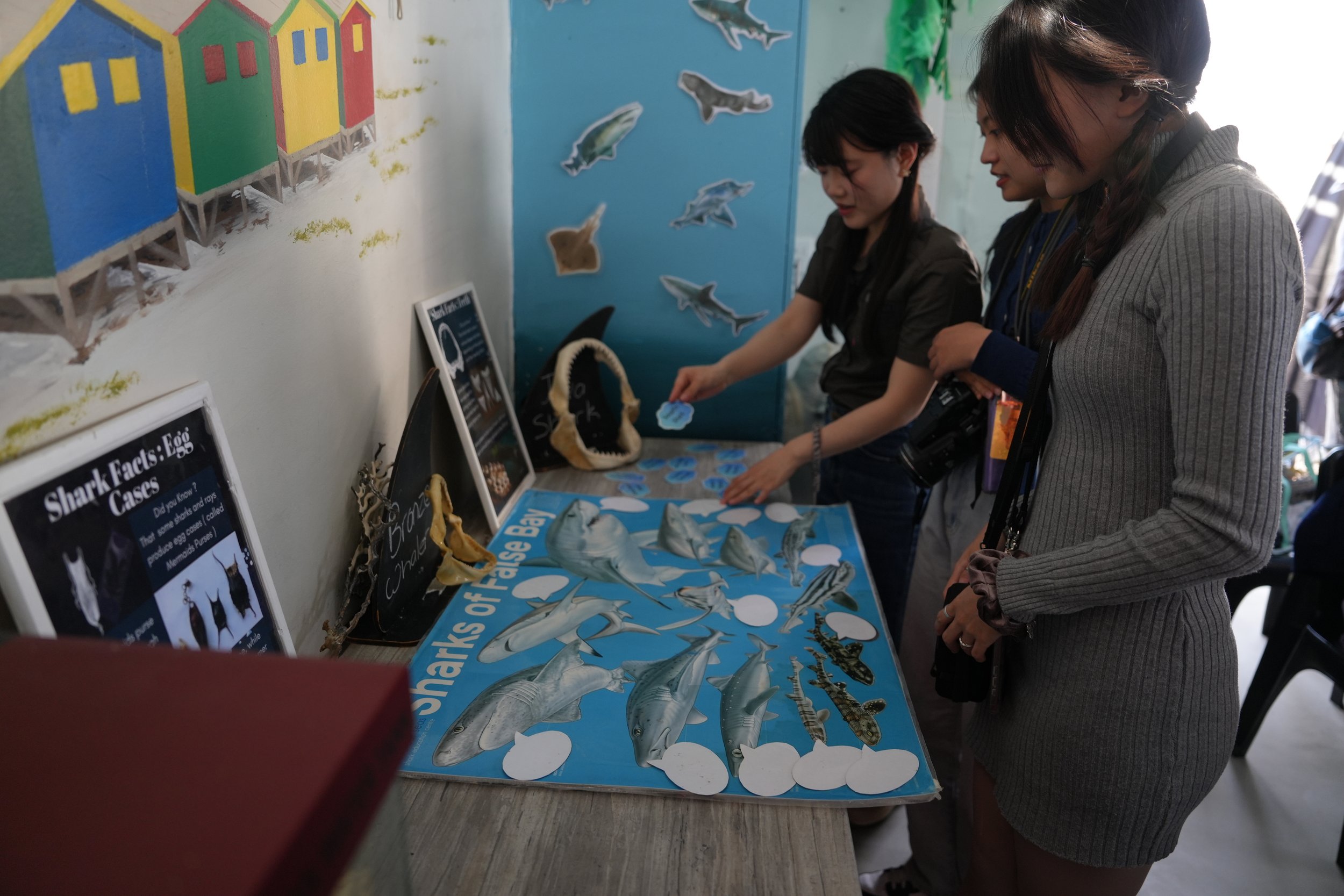
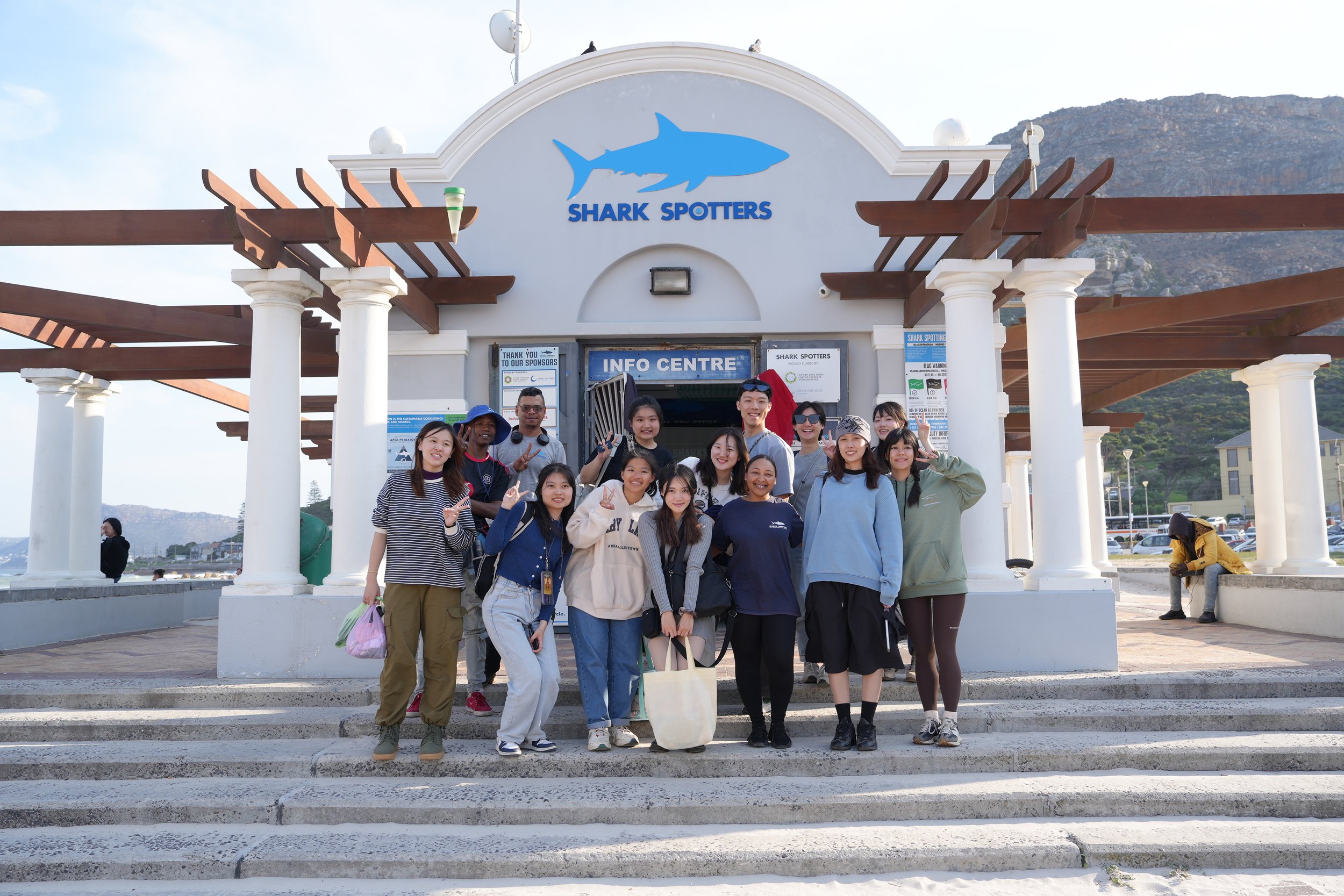
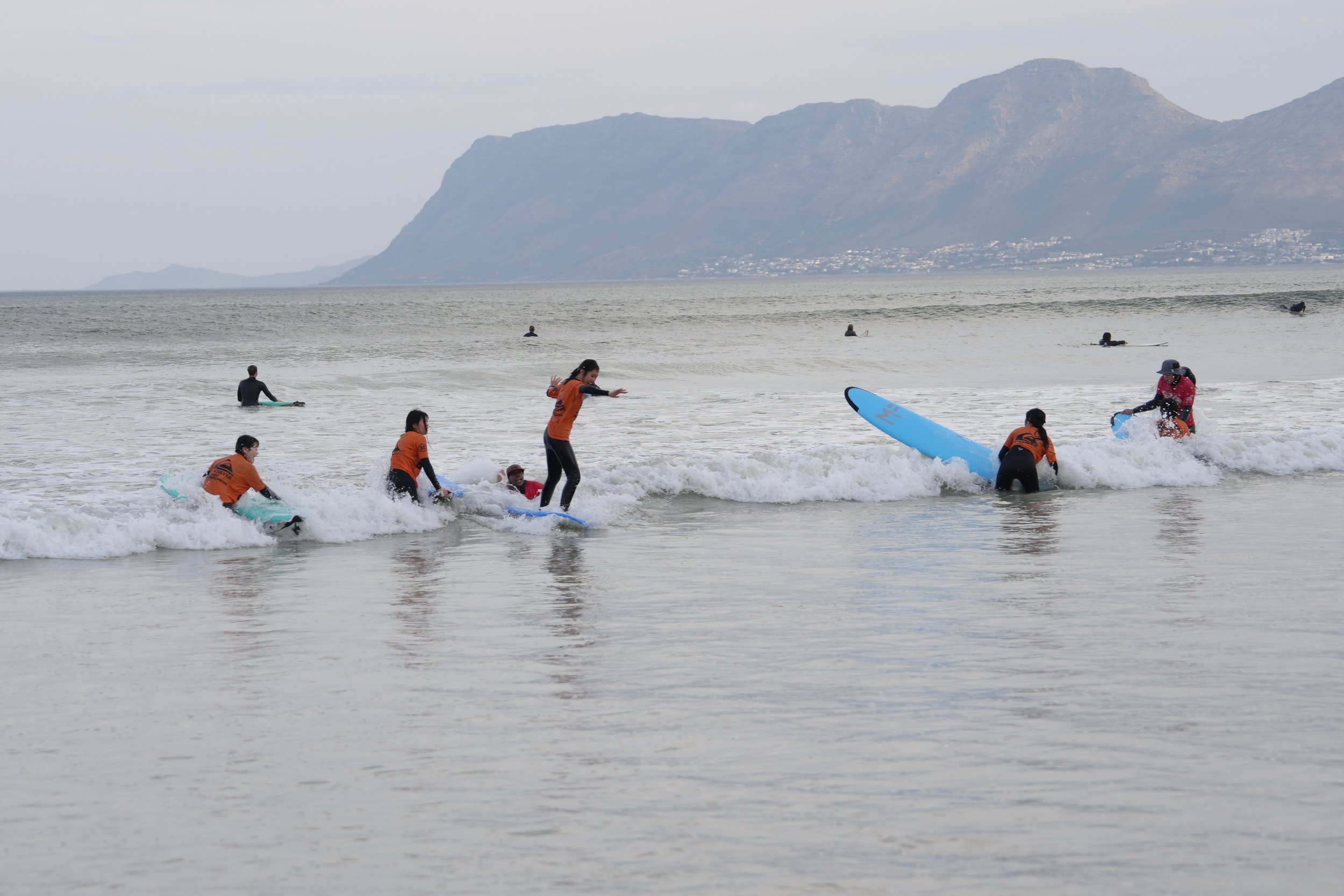
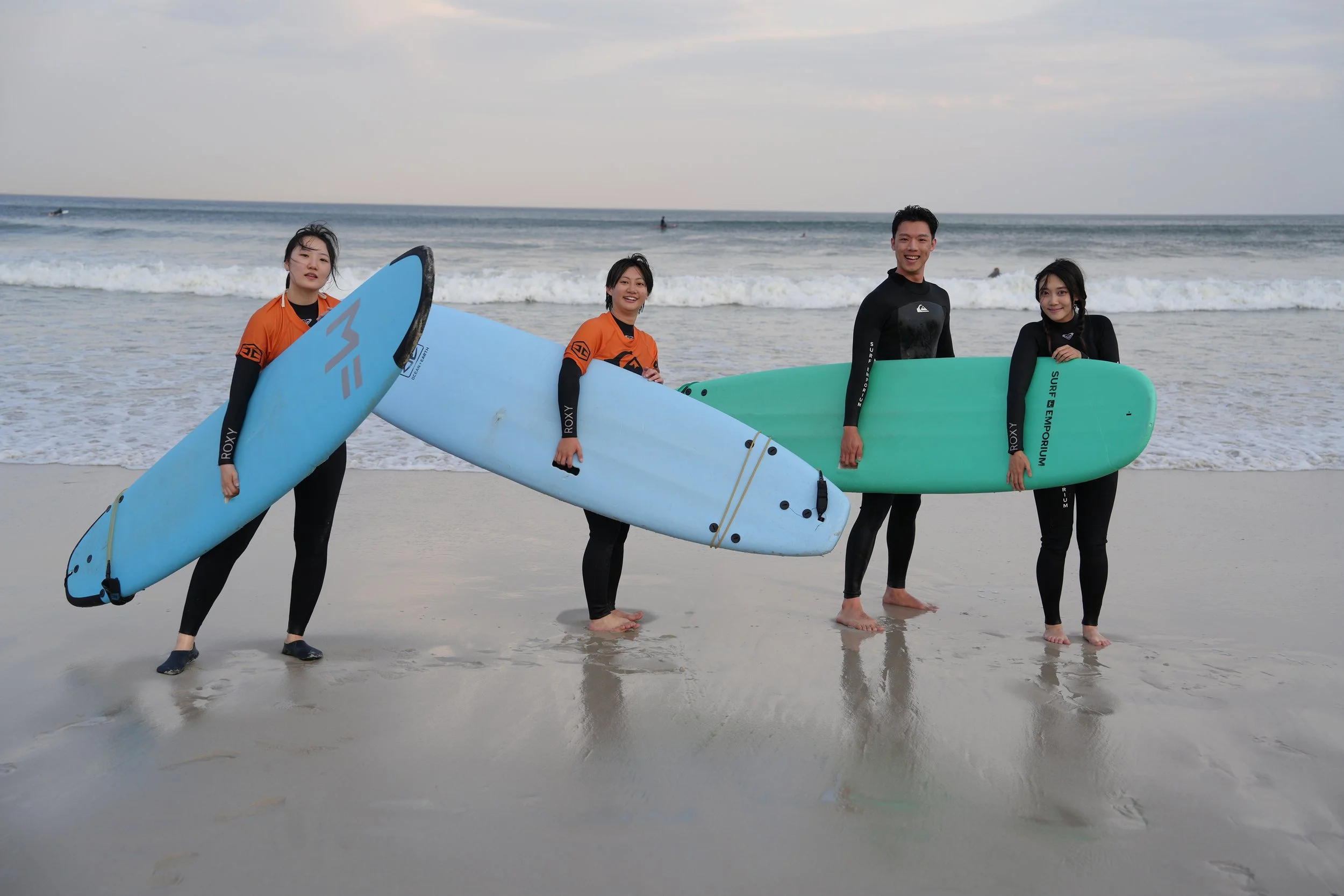
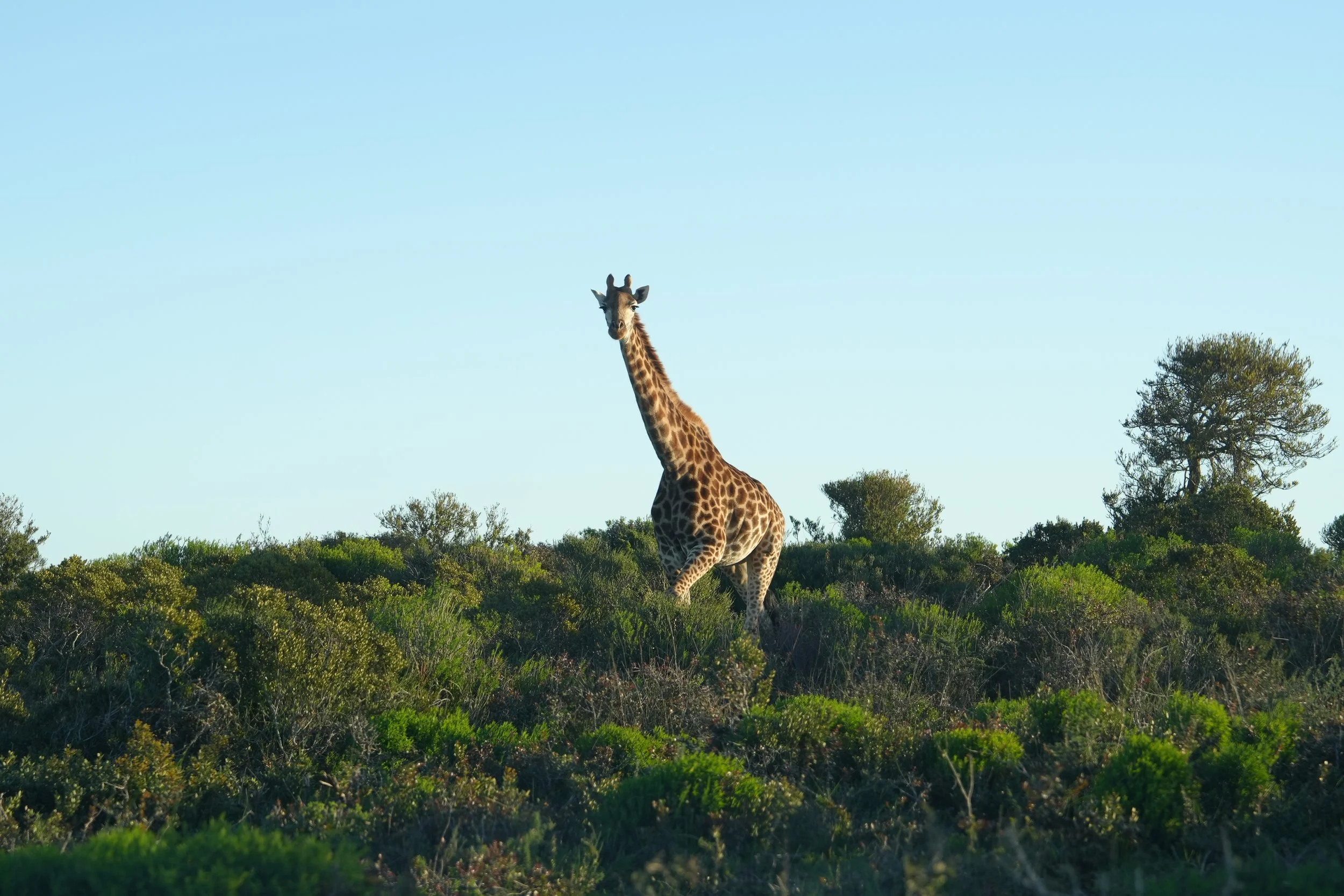
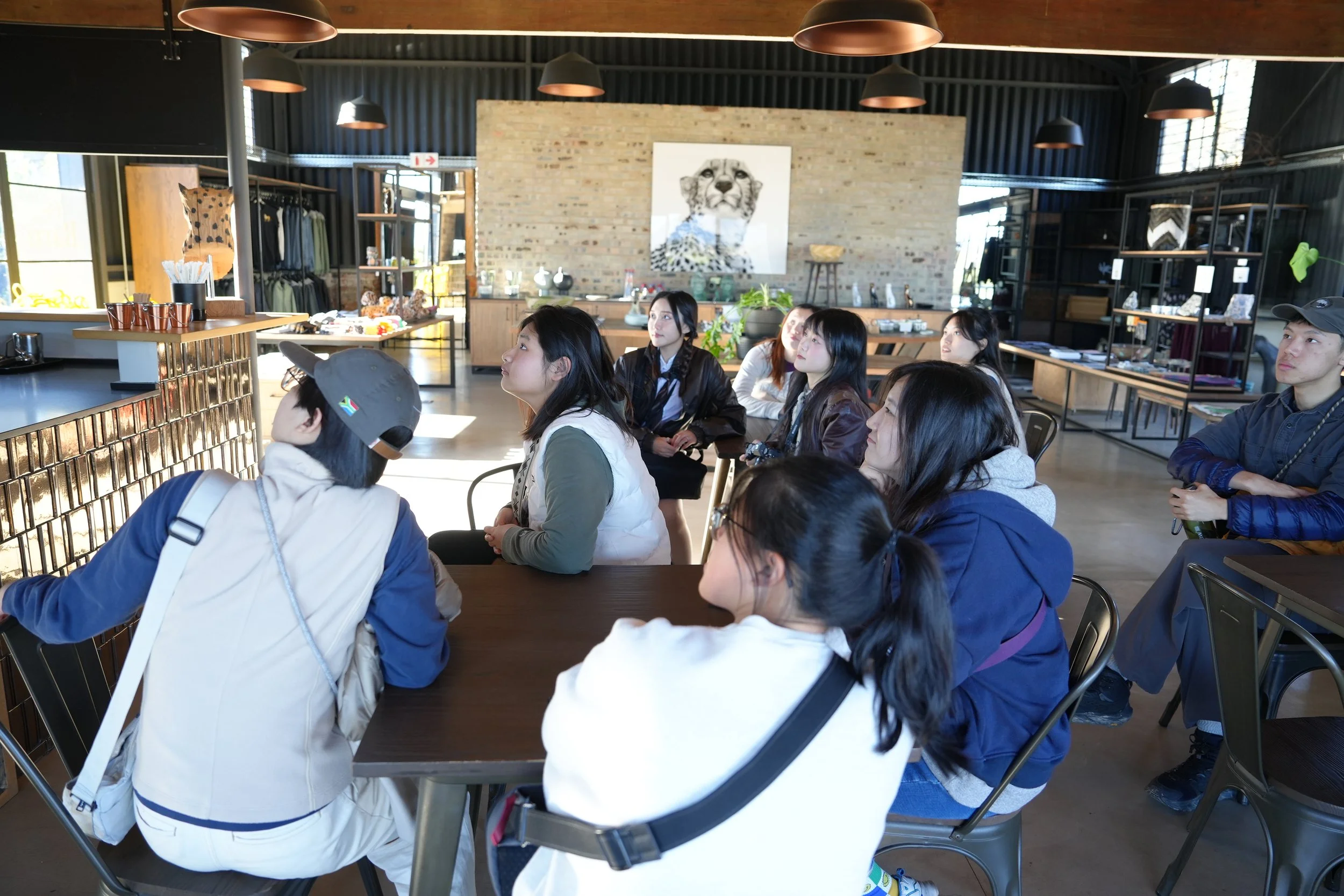
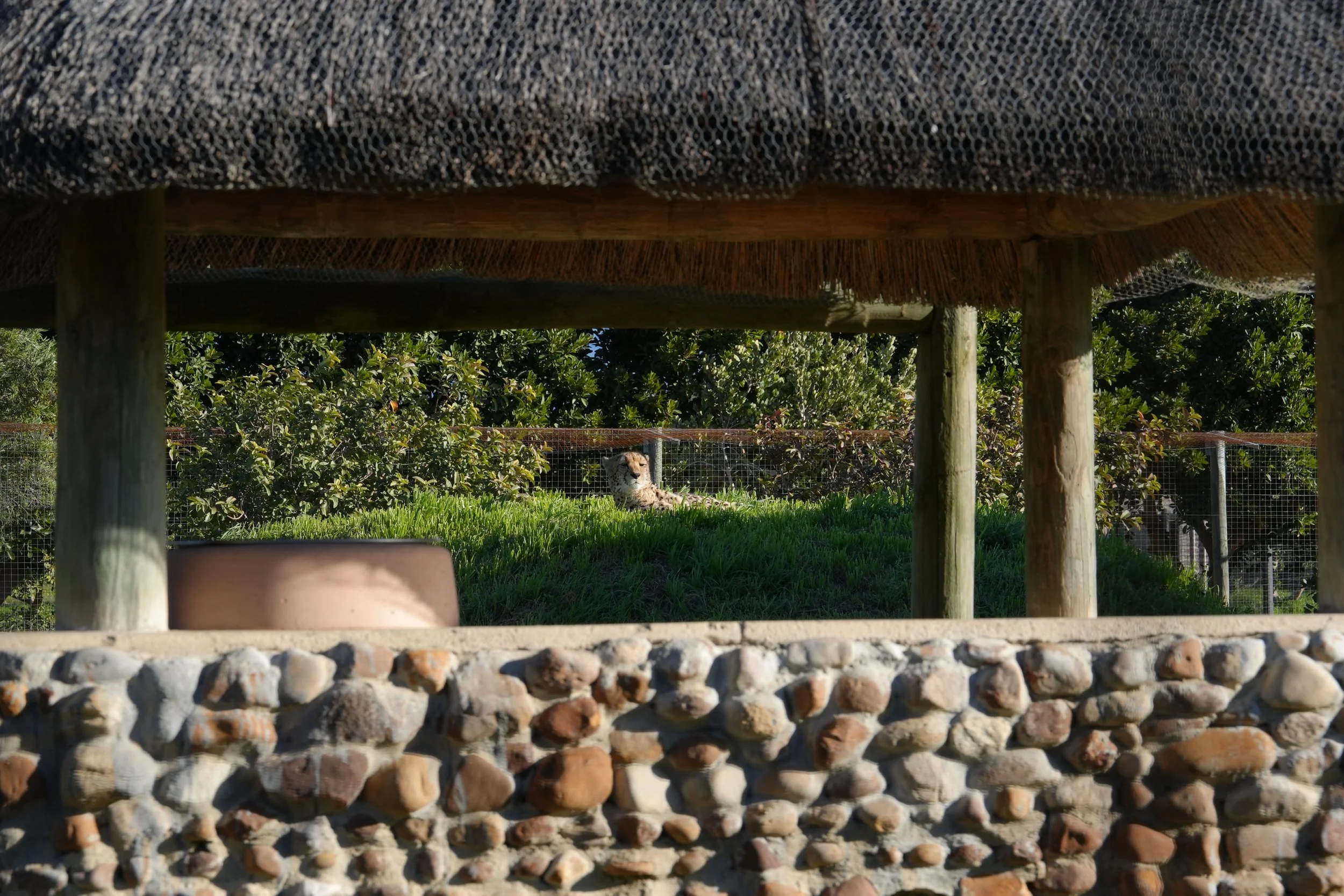
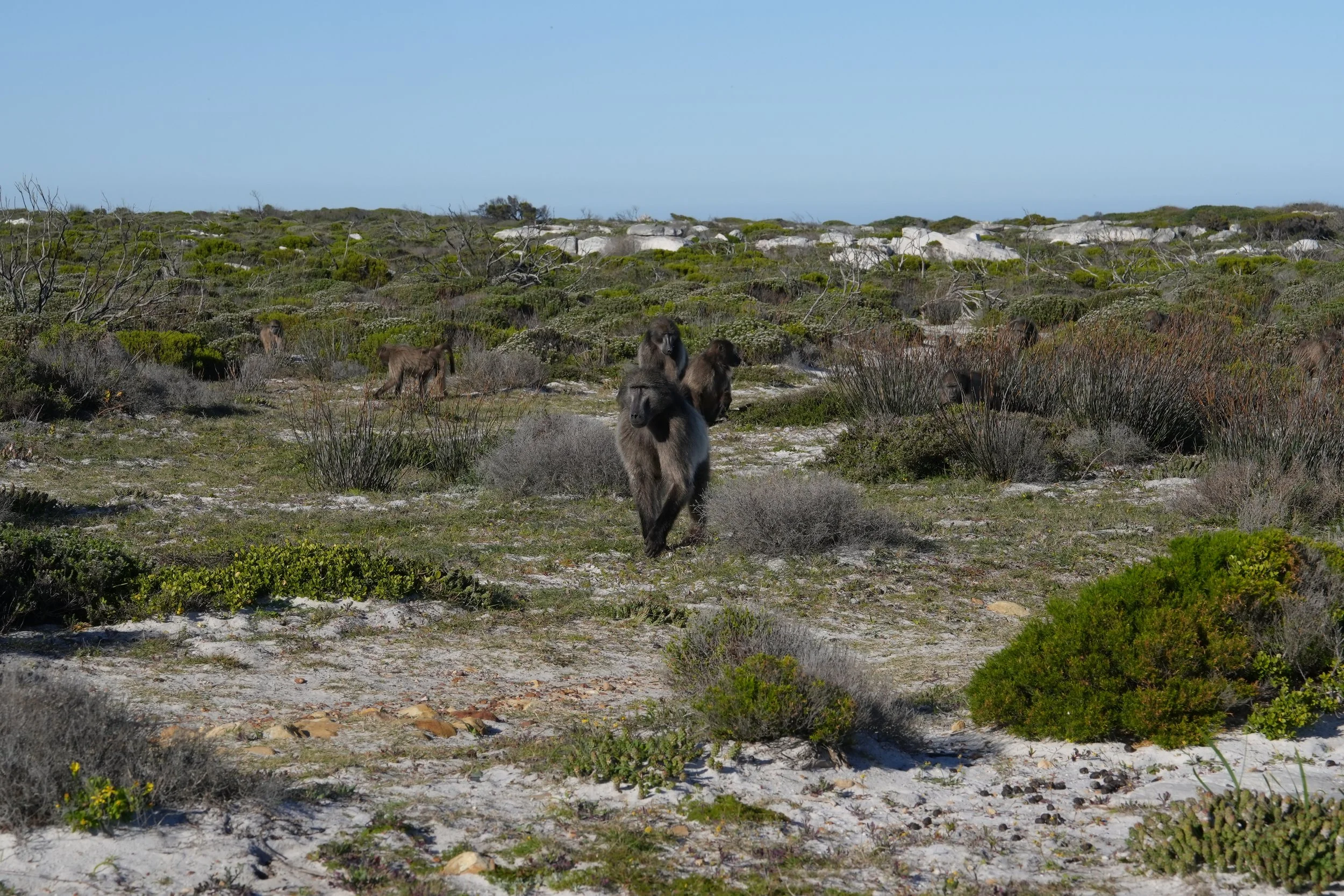
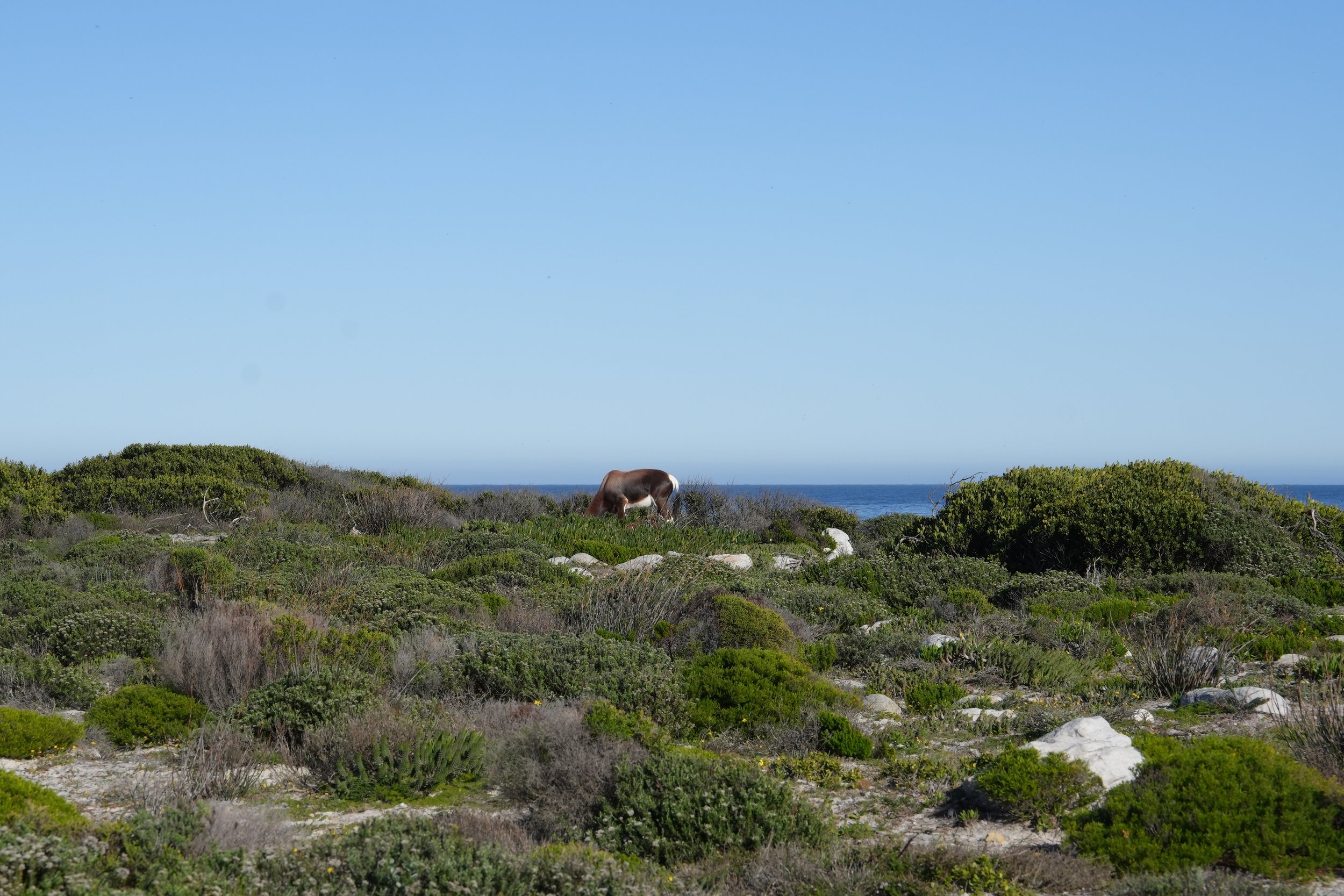
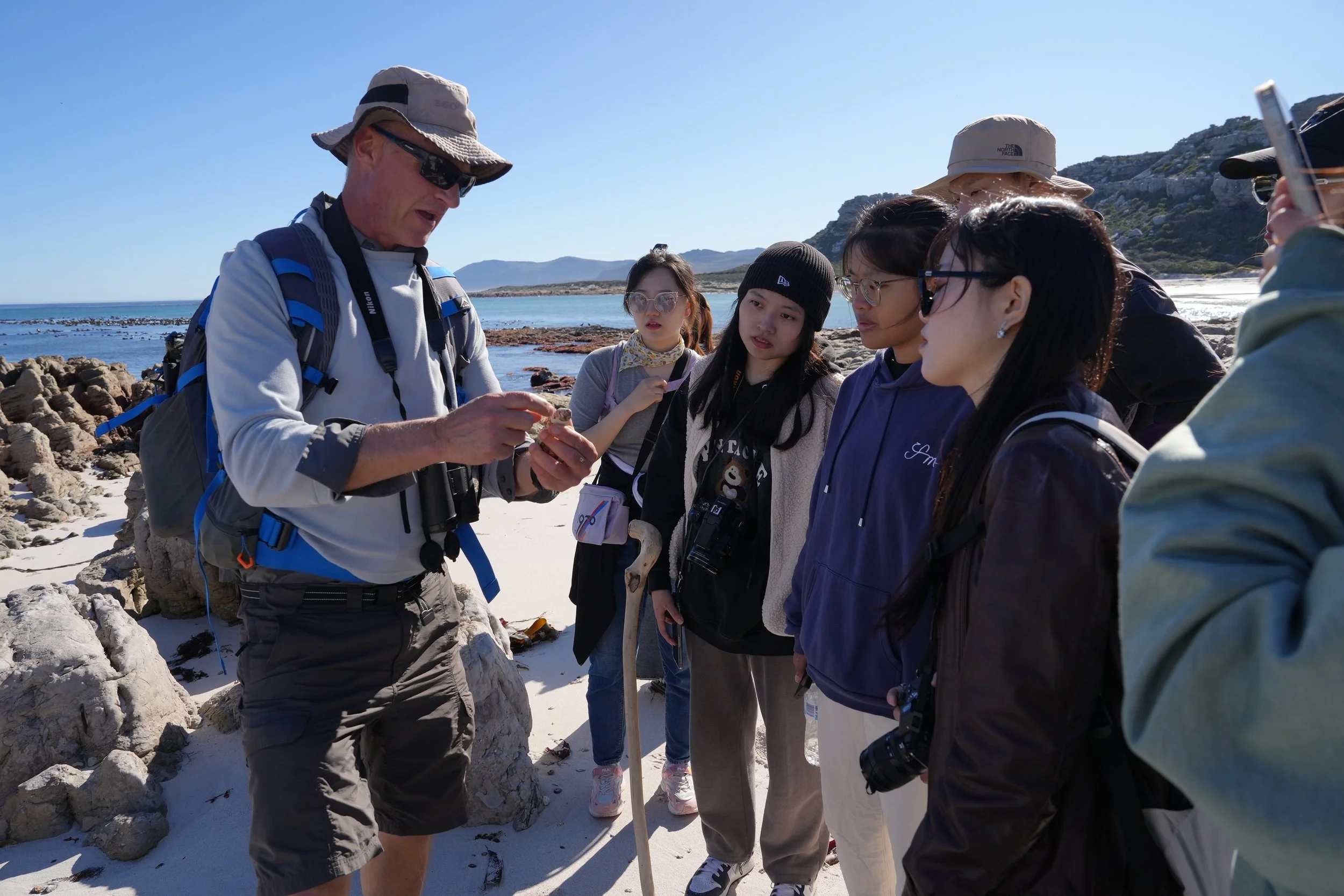
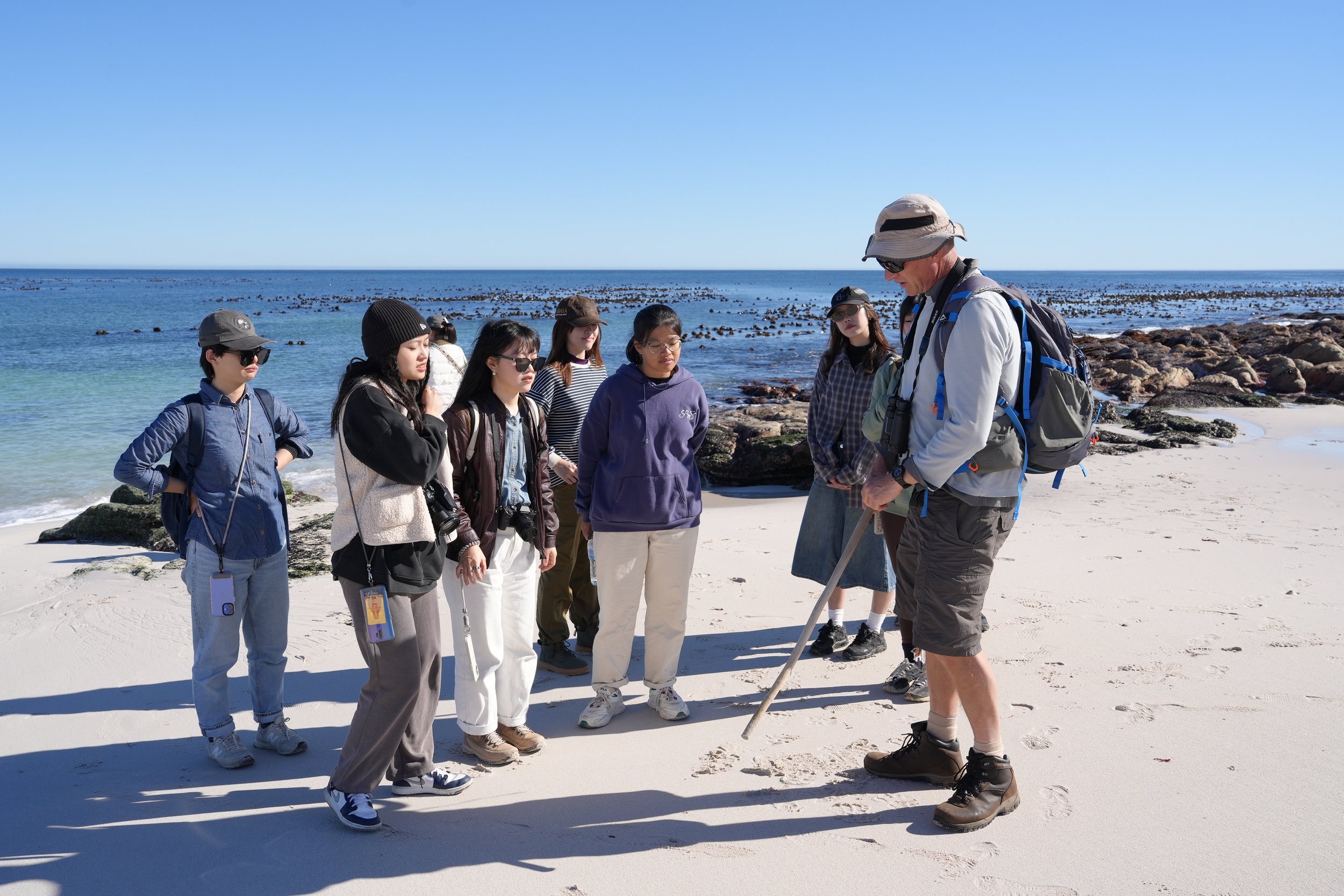


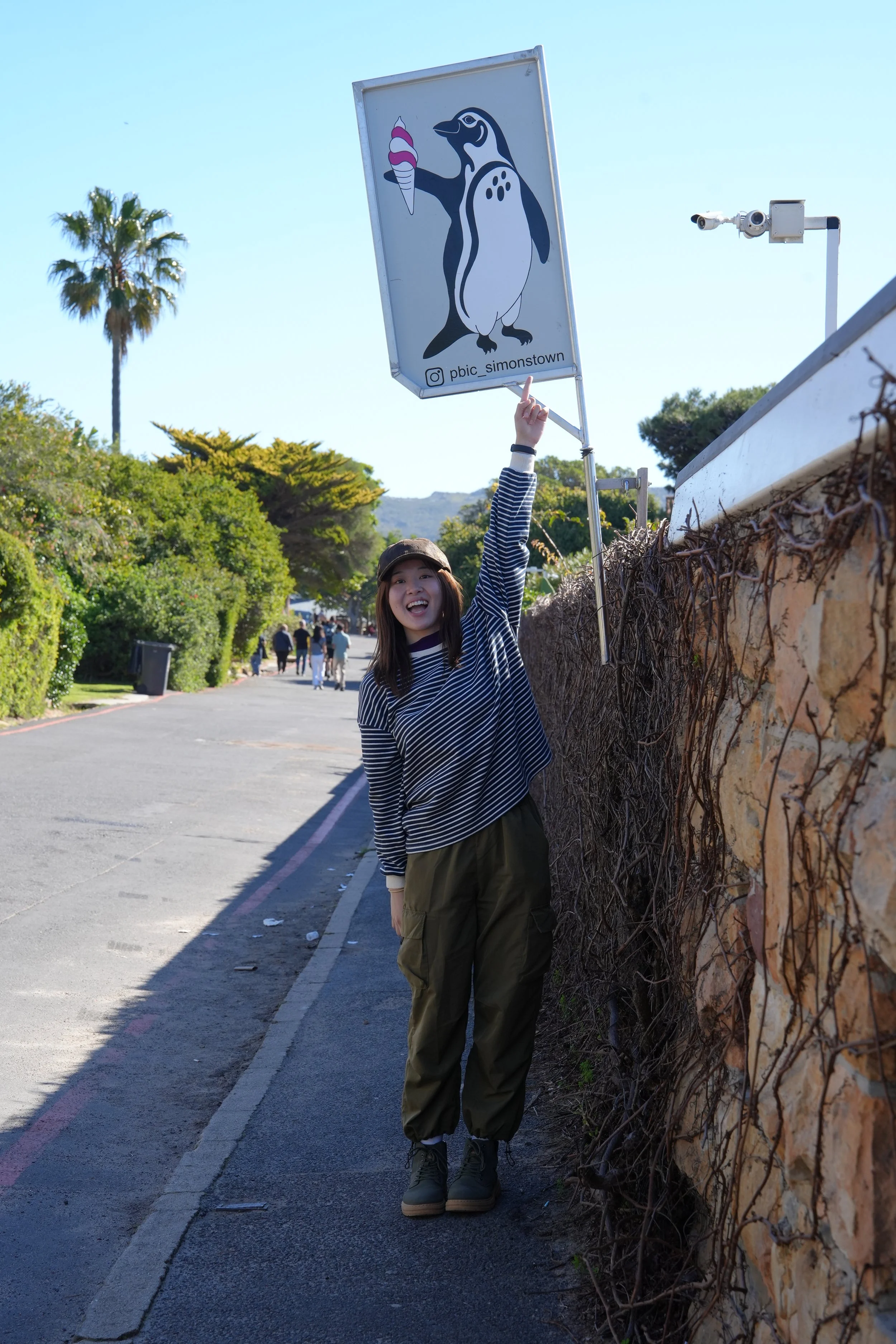

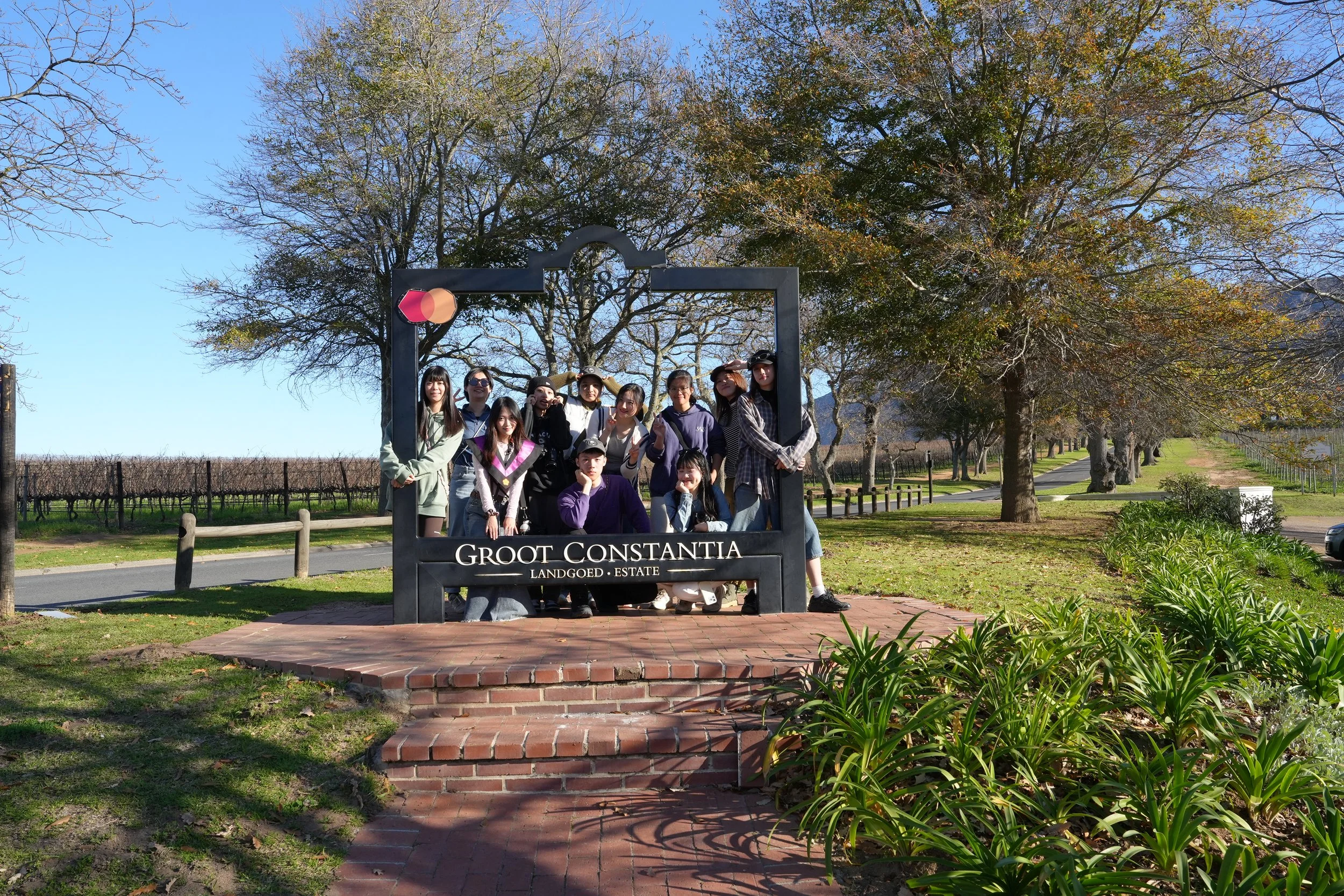

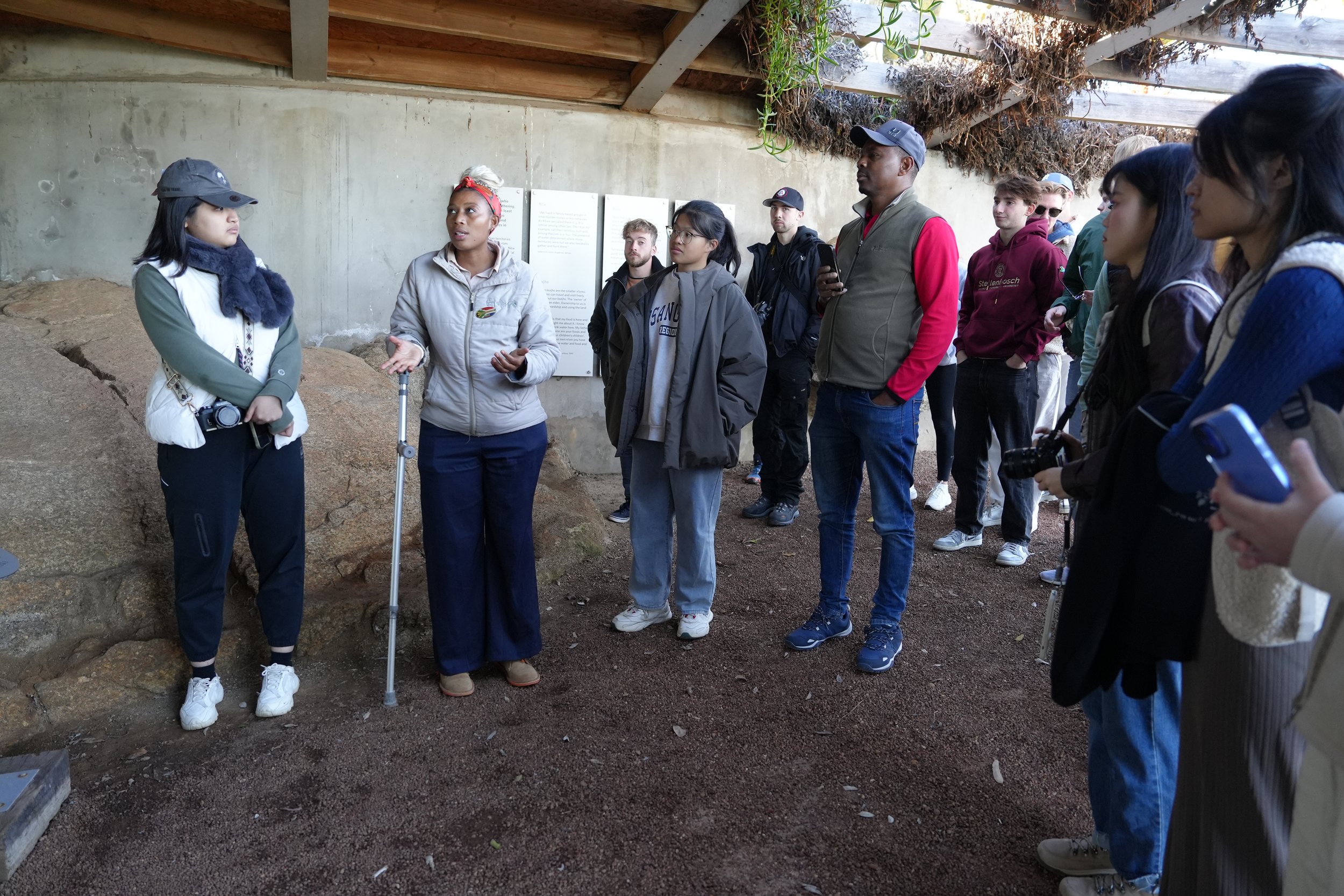
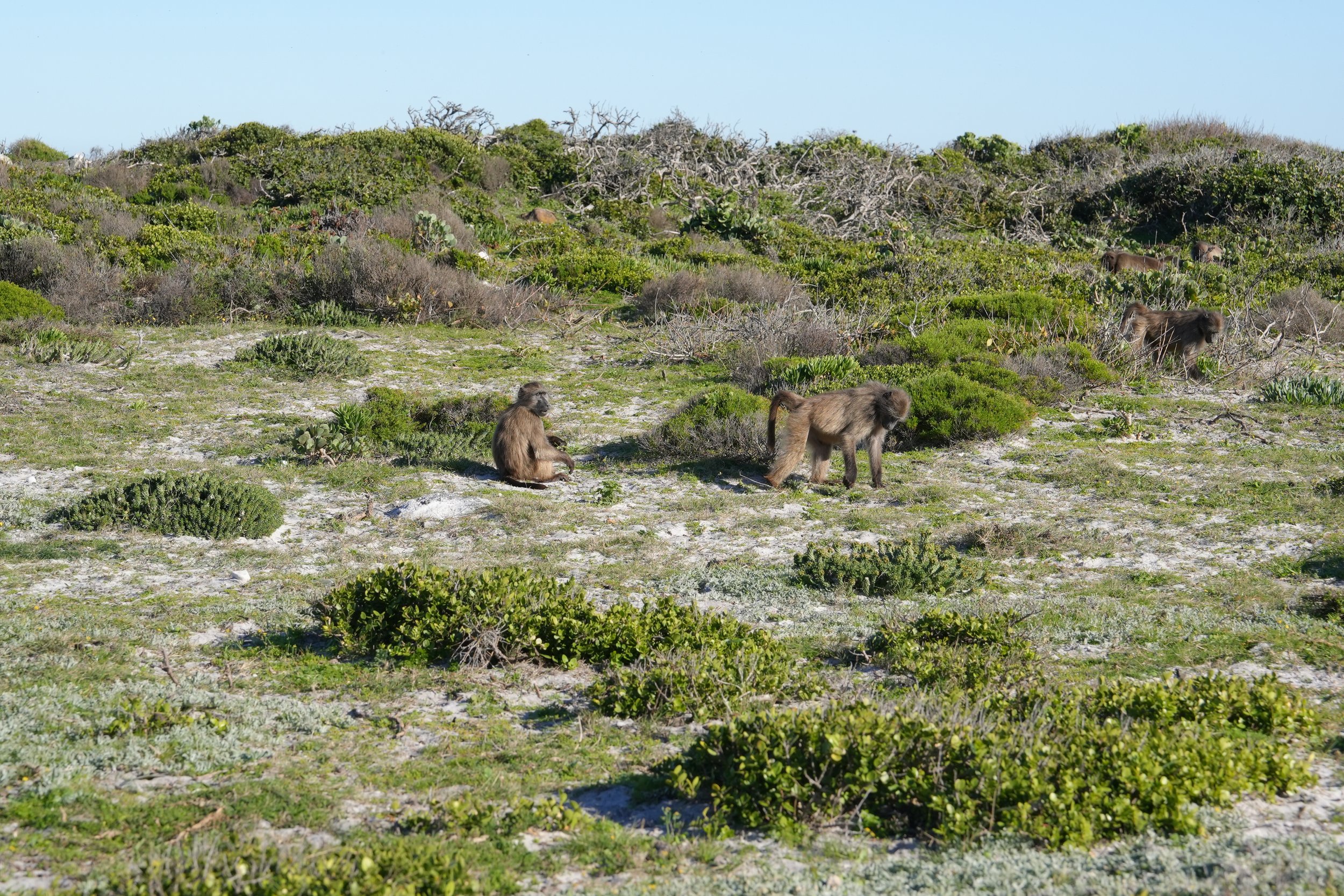


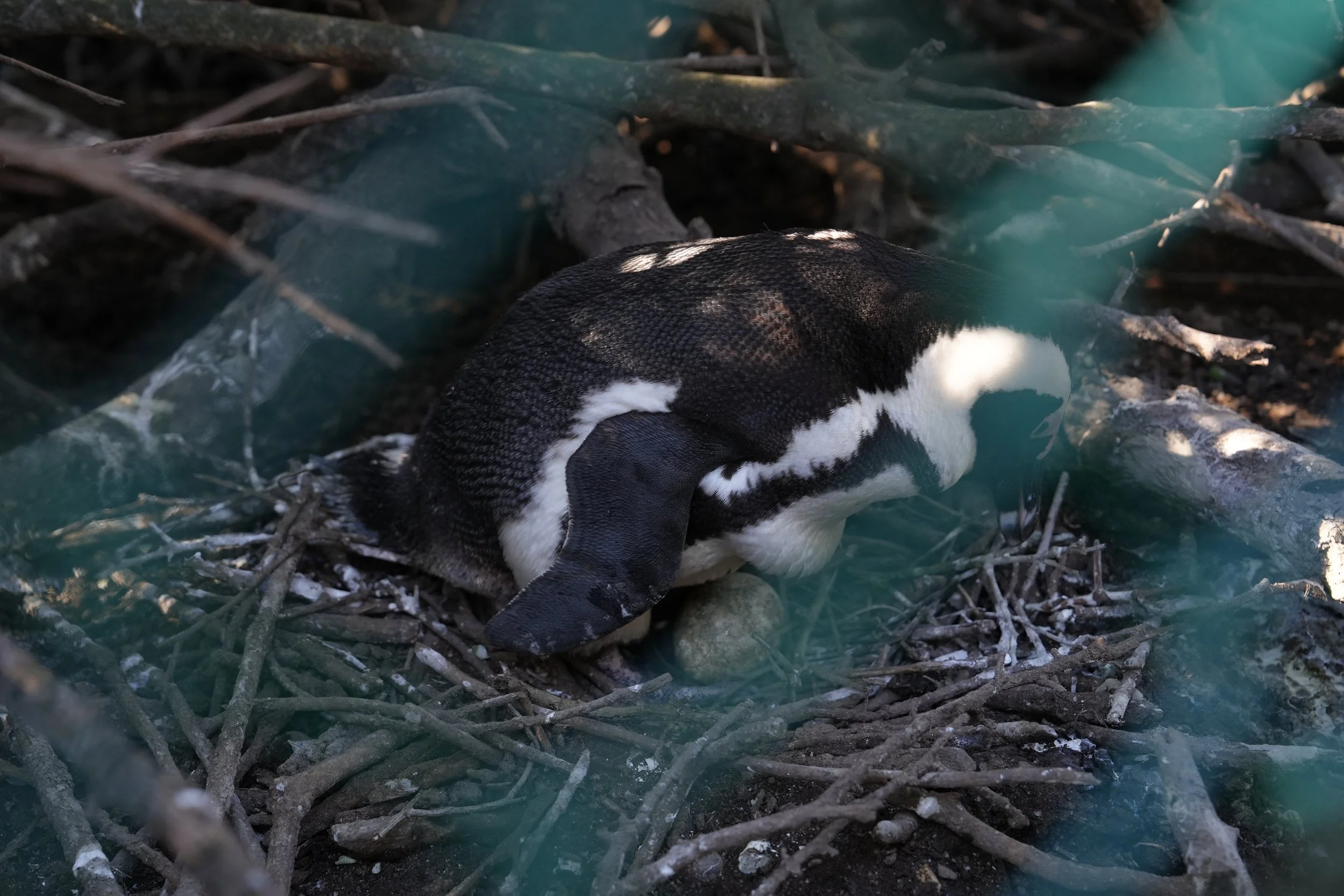




So eager were they to make the most of their South African experience that during their limited free time - rather than rest - they took an Uber through thick mist to Table Mountain, determined to explore every inch of their surroundings. Even mealtimes were buzzing with conversations sparked by lectures and site visits - a true testament to their curiosity and commitment.
We were also honoured to have Jasmin Tsai, Second Assistant Director of the Taipei Liaison Office in Cape Town, join the group for a special visit. Her personal insights into immigration and South African life brought an extra sense of connection and encouragement to the students.
Each WFA student group brings its own magic, and this NTU cohort certainly left a mark. We’re incredibly excited to continue building a long-term partnership with NTU, with hopes of welcoming new cohorts each year.
And the collaboration doesn’t stop there! Kai-Feng, one of our current NTU interns, has been hard at work behind the scenes - producing awesome visuals for our social media platforms and even reviving our Xiaohongshu account. Be sure to check out his creative work via our social links at the end of the newsletter.
Feeling inspired and thinking "I wish that was me"? Don’t worry - it could be!
Check out our upcoming courses and start your own wildlife journey with us.
What Are You Waiting For?
Ready to end your year with purpose? There’s limited availability for our final 2025 courses - don’t miss your chance to be part of something extraordinary.
Wildlife & Wicked Problems Masterclass
Happening 22 September 2025, this once-in-a-lifetime multidisciplinary experience blends science, conservation, and critical thinking.
Only a few spots left - secure yours today!
Design Thinking for Leadership in Conservation
Join us on 16 November 2025 for a transformative journey into problem-solving and innovation. A handful of seats remain—don’t wait!
Plan Ahead:
Our Wildlife Forensics, Crime Scene Management, and Illegal Wildlife Trade courses are fully booked for 2025, but 2026 dates are now live. These courses fill up fast, so book early to avoid disappointment.
Bonus: We offer early-bird discounts to participants who pay in advance.
View 2026 course calendar
Calling all students!
Looking to gain hands-on experience? Apply for one of our competitive internship placements.
Limited spots available for both our February and August 2026 intakes - apply early to avoid missing out.
Get Connected!
If you love WFA’s updates and developments as much as we do, we have good news for you! We are a social bunch - you can find us posting weekly on Instagram, Facebook, LinkedIn and even TikTok - course date releases, course feedback and educational posts.
WFA is now on YouTube, bringing you even closer to the action. From webinars to behind-the-scenes looks at our courses and fieldwork our channel is the perfect place to dive deeper into the world of wildlife forensics.
Are you an avid podcast listener? Add us to your daily Spotify listen.
In recent developments, the WFA is also on Xiaohongshu - 来跟我们联系吧!
